By Losing Them, I Become a Whole
Maria Kapajeva
Curated by Šelda Puķīte
3.10.2025 — 22.11.2025
OPENING
3 October at 18.00
Performance by лäбипõленуд (laebipoelenud). Read more below
CALL TO PARTICIPATE
Maria Kapajeva engages with women with BRCA1/2 mutations or breast cancer and will host a queer community gathering to expand her two new works. Read more below
To this day, a woman’s body – its pain, illness and lived experience – is often treated as other, constrained by rigid gender norms and medical bias. Rather than embracing the complexity of womanhood, society continues to mystify and objectify women, reducing them to narrowly defined roles. In her solo exhibition By Losing Them, I Become a Whole*, Maria Kapajeva draws on her recent physical transformation and ongoing healing process to explore identity politics, womanhood and queer embodiment. It marks the first chapter of a new body of work – one that begins in loss but unfolds through tenderness, resilience and radical self-connection.
Kapajeva inherited the same genetic risk as her late grandmother, who died of cancer at the age of 49 – the same age the artist will reach later this year. As a result, she underwent two preventive surgeries: an oophorectomy and a mastectomy. With the removal of body parts so often defined by patriarchal society as essential to womanhood, she now navigates questions about how these changes might empower her identity as a queer woman – and whether these deeply personal interventions have granted her the chance at a longer life, a future once denied to her grandmother.
Known for working with image culture, photography and video – often incorporating crafts and elements from public and domestic spheres – Kapajeva explores her journey through a range of media. In the photographic series A Portrait of a Woman, she stages a visual narrative of transformation and embodied change, offering a farewell to her menstrual cycle. This is echoed in the video work Period. Period, which signifies the end of her reproductive stage. The healing process – marked by the management of bodily fluids and intimate, repetitive procedures – is also part of this exploration. The journey culminates in a fearless portrait of her post-surgery body, referencing Sarah Lucas’ Self Portrait with Fried Eggs (1996), though here, the eggs remain on the plate.
Before surgery, Kapajeva created a series of images, prints and casts of her breasts – leaving behind emotional imprints of what once was. In the series Parts of Me, Not, scanned images of her breasts are abstracted into a space where they exist independently from the body. In another gesture, she prints their forms onto limited-edition T-shirts, offering others the symbolic opportunity to wear them. Reimagined as form-filling entities, the breasts are also cast in clay as hanging bell-shaped sculptures titled The Transformation of Silence. The fleshy materiality and earthy tones of the clay, combined with the bell’s function as a ringing object, give these forms a voice – capable of breaking silence, drawing attention or sounding an alarm. The installation will later continue to evolve, incorporating casts made in collaboration with other women, forming a growing archive of diverse bodies and voices.
Another installation, My fears were the fears of us all**, composed of found and ready-made materials, features paired seashells that evoke ovaries, breast shells or protective armour. Once natural shields for soft bodies, these shells now sit on a reflective surface, expanding the imagery and incorporating reflections from the space and viewer. The piece is anchored by a raw tree stump, stripped of its bark. This contrast – between hollow shells and exposed wood – captures the tension between vulnerability and defence, echoing the emotional landscape Kapajeva explores.
The large-scale textile work Golden Becoming comes closest to evoking a sense of sacred transformation. Its surface is imprinted in gold with the whole body – past and present – merged into a single form, reminiscent of the Shroud of Turin. It becomes a symbolic site of rebirth, where what once was is allowed to evolve into what may become. Over time, the textile will be embroidered with the stories and experiences of other queer people, gradually transforming a solitary imprint into a collective archive – an expanding tapestry of shared memory, resilience and identity.
Working across photography, video, textiles, ceramics and found objects, the exhibition is at once a case study, a therapeutic process, a tribute to Kapajeva’s grandmother, a farewell to her breasts and ovaries, and an ode to the body she now inhabits. By weaving together physical, visceral and psychological experiences, the artist has created a roadmap for navigating a transitional state of being – learning to mourn, care for and celebrate the body’s evolving form. What begins as a profoundly intimate story opens into a collective experience – one that looks toward a future filled with diverse voices and bodies, sharing stories, raising awareness, and celebrating new ways of being and becoming.
* A reference to Ocean Vuong’s poem Beautiful Short Loser, 2022
** A quotation from Audre Lorde’s The Cancer Journals, 1980
The exhibition is part of the satellite programme of Tallinn Photomonth 2025 and serves as Kogo Gallery’s final show of the year, presented under the programme Thrifters and Transformers.
PERFORMANCE
By лäбипõленуд (laebipoelenud) on 3 October at 18.00 at the opening
лäбипõленуд (laebipoelenud) is a memory, a state and movement that binds and tears all voices out of itself to survive in this harsh painful landscape that does not embrace those like us. The inner fire has gone out, only the core remains, it crawls, wails and searches, hunger for life is still within. By channeling rage and apathy in the bodies, we have finally reached the violence that forces us to listen, to bodies that are erased.
CALL TO PARTICIPATE
Artist Maria Kapajeva warmly invites women diagnosed with BRCA1 and BRCA2 gene mutation or breast cancer to participate in an extended edition of sculpture The Transformation of Silence by including their breast casts into a growing archive of diverse bodies and voices. To make your own cast and learn more, please contact the artist at kapajeva@yahoo.com or the gallery.
During the exhibition period, Maria Kapajeva will also host a community gathering for queer people to collectively contribute to her large-scale textile work Golden Becoming.
BIOS
Maria Kapajeva (she/her, b. 1976) is an artist whose practice explores questions of identity and gender, often focusing on people in states of transition. She works with found and vernacular photographic images, video installations, textile and embroidery, and participatory practices. Working between the UK and Estonia, she exhibits her work internationally. Kapajeva has received numerous awards, including the Estonian Cultural Endowment’s Annual Award (2025), the Eduard Wiiralt Scholarship (2023) and the Kraszna-Krausz Photo Book Award (2021).
Kapajeva’s works are held in several collections, including the Kiasma Museum of Contemporary Art and the Tartu Art Museum. She is currently pursuing a practice-based PhD at the Estonian Academy of Arts and works as a project manager for Fast Forward: Women in Photography at UCA, UK.
Šelda Puķīte (b. 1986) is a Latvian curator, writer and researcher based in Estonia. Her formal education includes a Master’s and a Bachelor’s degree from the Department of Art History and Theory at the Art Academy of Latvia. She has worked on several international exhibitions, curated stands for art fairs including Liste Art Fair Basel, viennacontemporary and Art Brussels, published art albums, created catalogues for contemporary art festivals Survival Kit and Riga Photography Biennial, as well as written several essays for Baltic culture publications. Her most recent curated exhibitions include Paweł Matyszewski’s solo exhibition Momentary Organisms (2025) at Kogo Gallery, Tartu, Silver Girls. Retouched History of Baltic Photography (2025) together with Agnė Narušytė and Indrek Grigor at National Gallery of Art, Vilnius, and White Dwarfs and All Those Beautiful Nebulas (2024) at Kim? Contemporary Art Centre, Riga. Since 2020, she works at Kogo Gallery as an international project manager and exhibition programme curator.
TEAM
Artist: Maria Kapajeva
Curator: Šelda Puķīte
Production: Stella Mõttus
Communication: Karin Kahre, Stella Mõttus, Else Lagerspetz
Installation: Peeter Talvistu
Photos: Nele Tammeaid (opening), Marje Eelma (views)
Text: Šelda Puķīte
Graphic design: Maris Põrk
Translation and editing: Refiner Translations
FUNDING AND SUPPORT
The exhibition is funded by the Cultural Endowment of Estonia and the City of Tartu.
The artist thanks Artproof, Eva Mahhov, Vivek Jain, Mihkel Säre, Anne Eelmere, Nadja Tjuška and лäбипõленуд, gallery team and funders


Press and Publications
.Klassikaraadio, Kunstiministeerium, interview with the artist (in Estonian)
.Saliva Live, exhibition views
.Arterritory, exhibition views
.Echo Gone Wrong, exhibition views
.Sirp, review by Sveta Grigorjeva (in Estonian)
.Raadio 4, interview with the artist (in Russian)
.ERR News, news + photos from the opening
.ERR kultuuriportaal, photos from the opening
.TV news, interview with the artist and curator (in Russian)
.TV news, interview with the artist and curator (in Estonian, Russian, English)

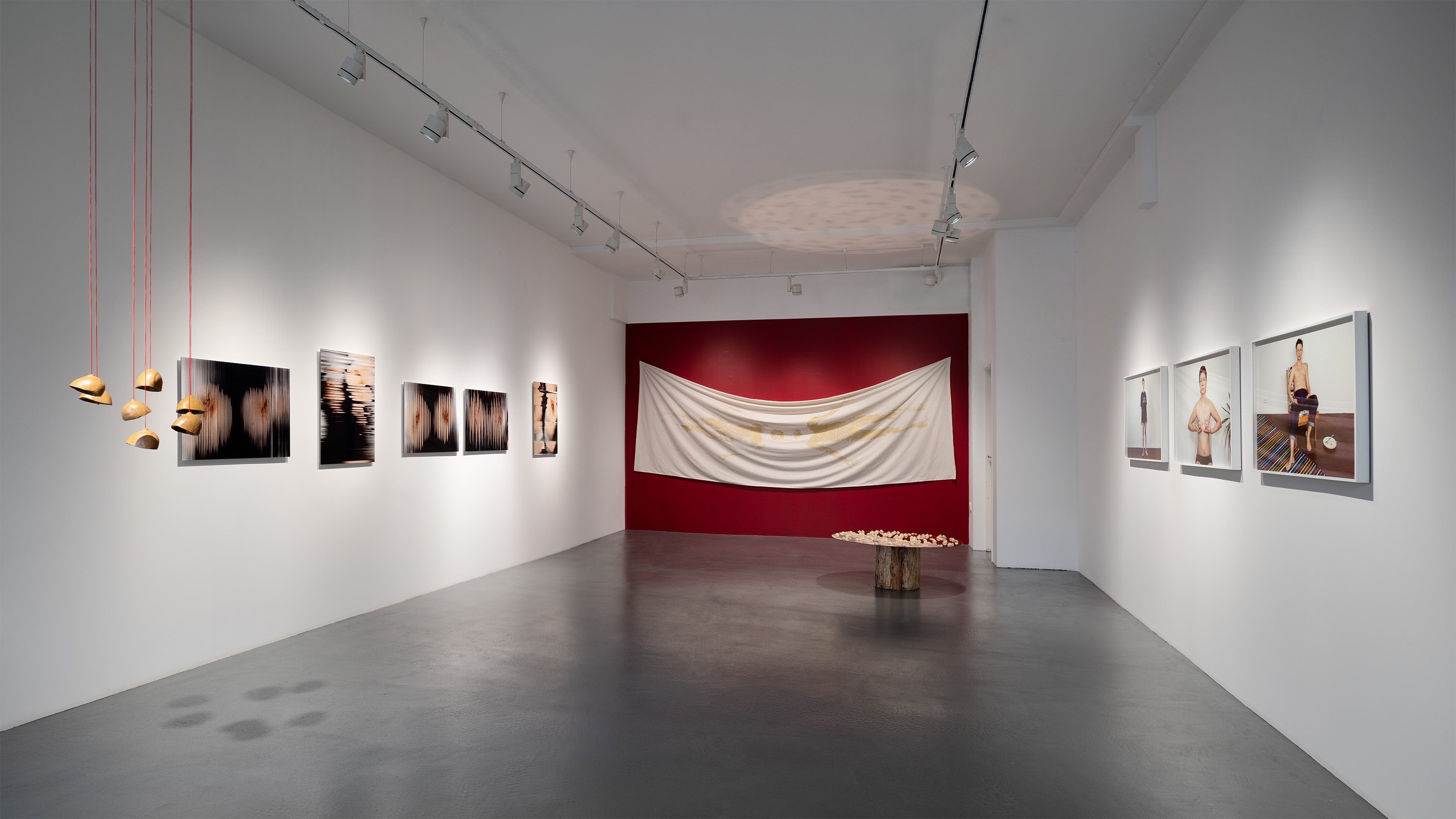
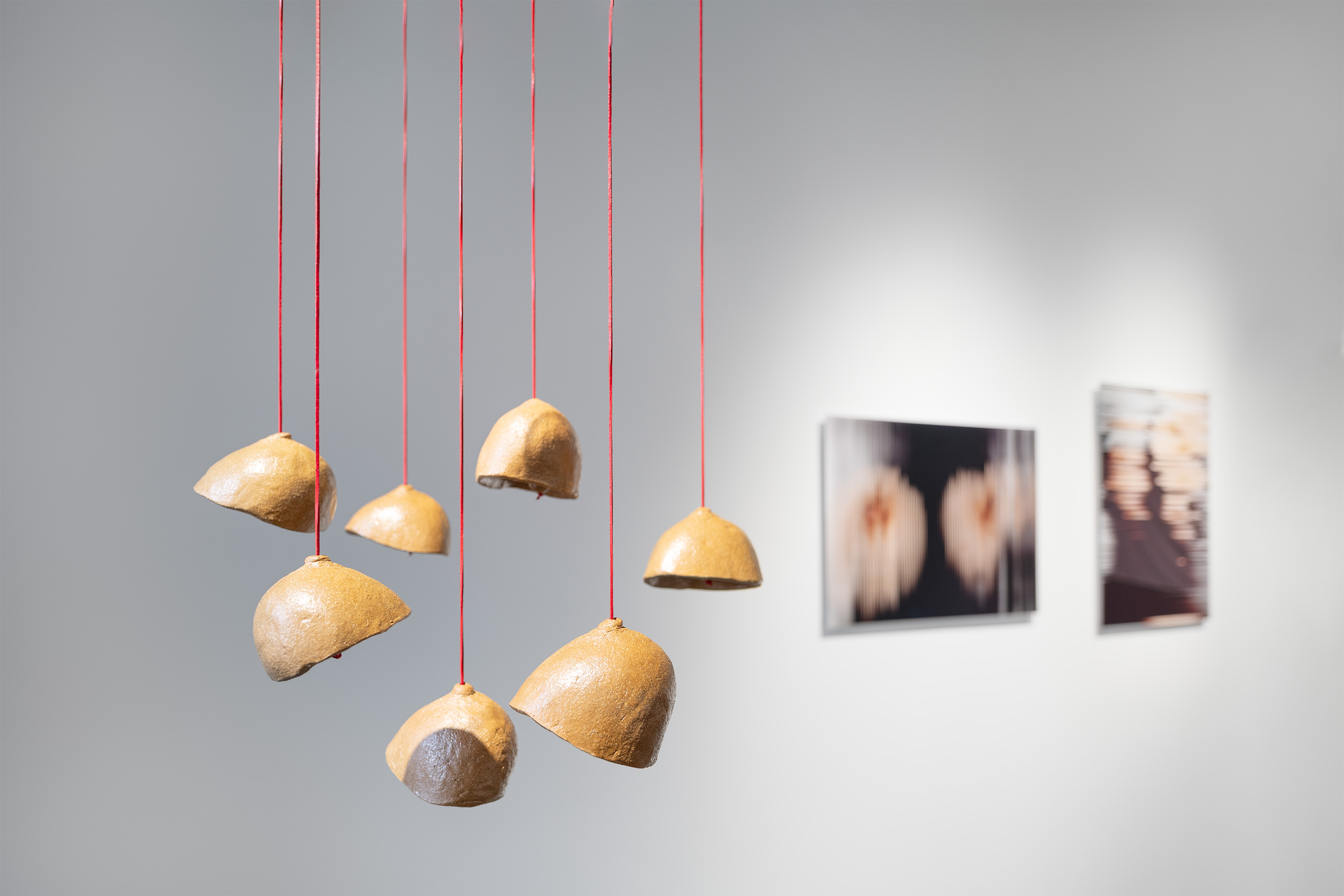
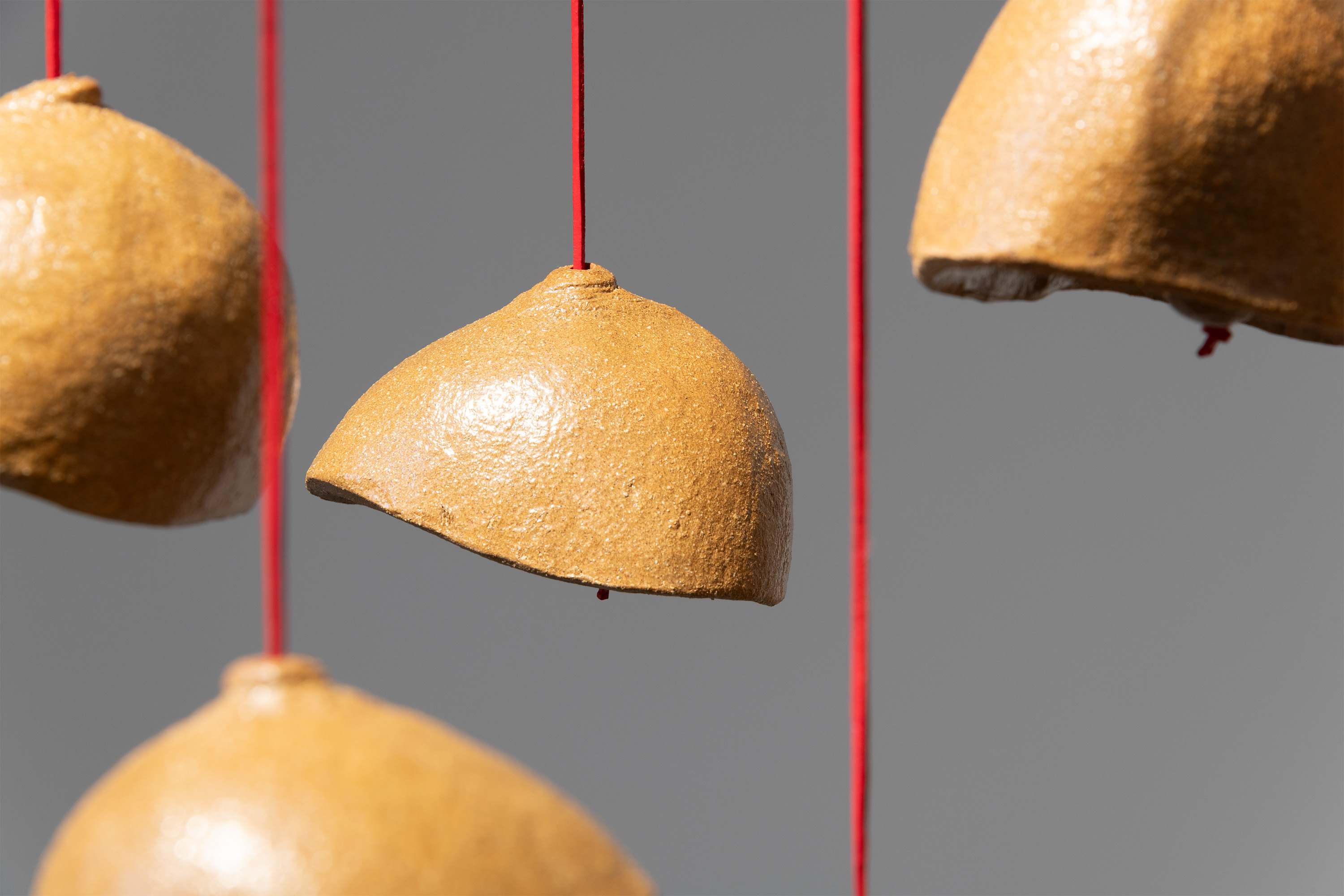
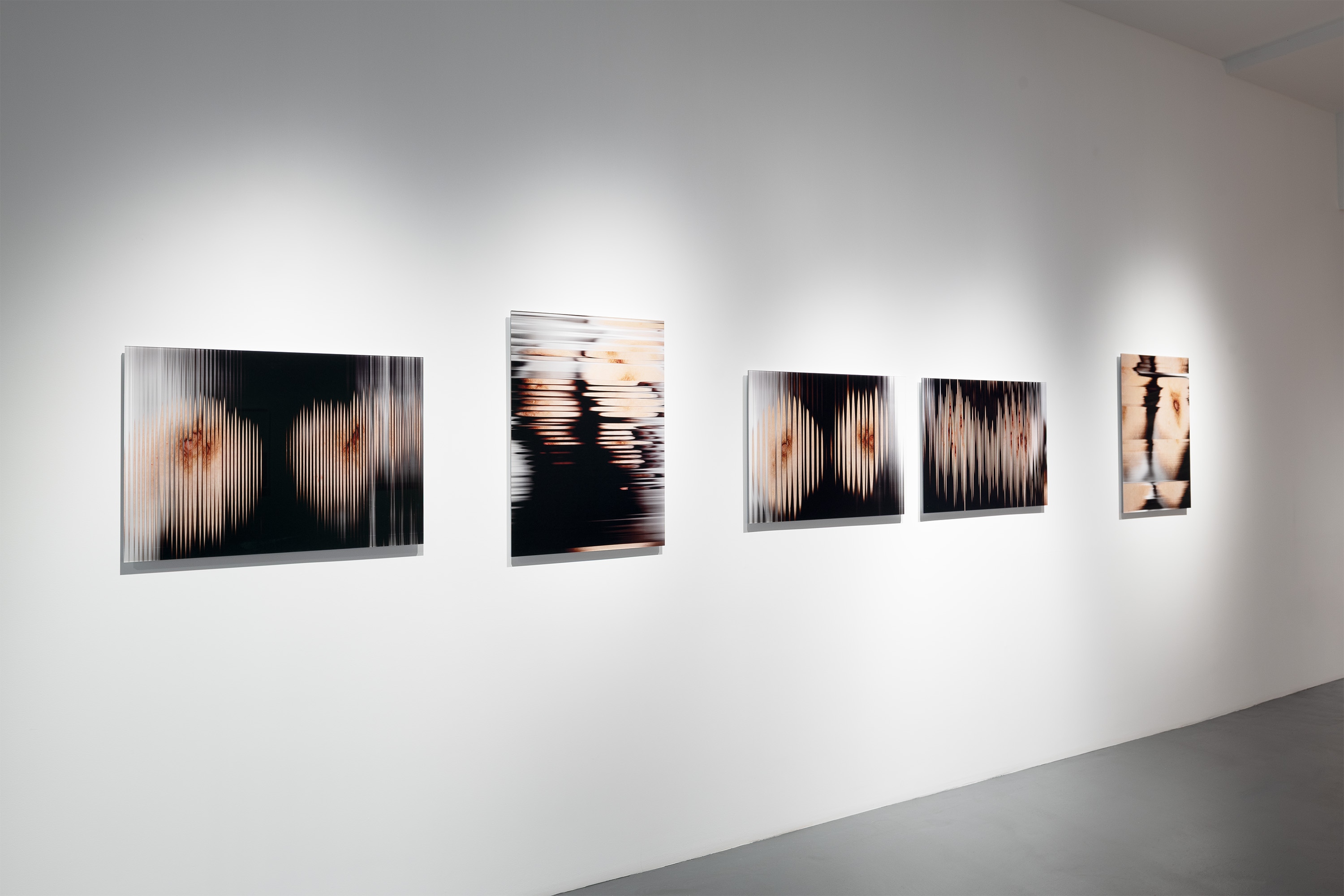
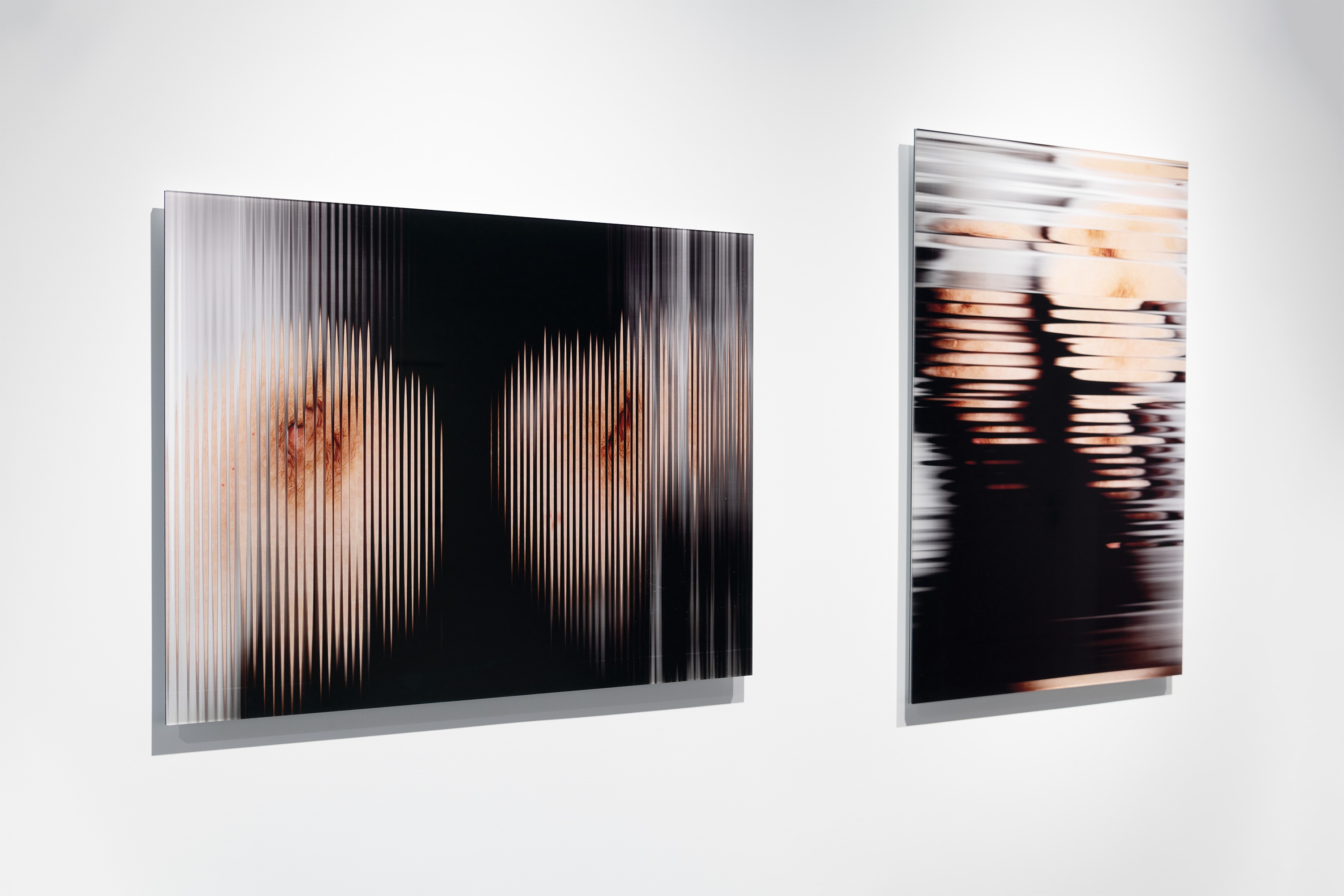
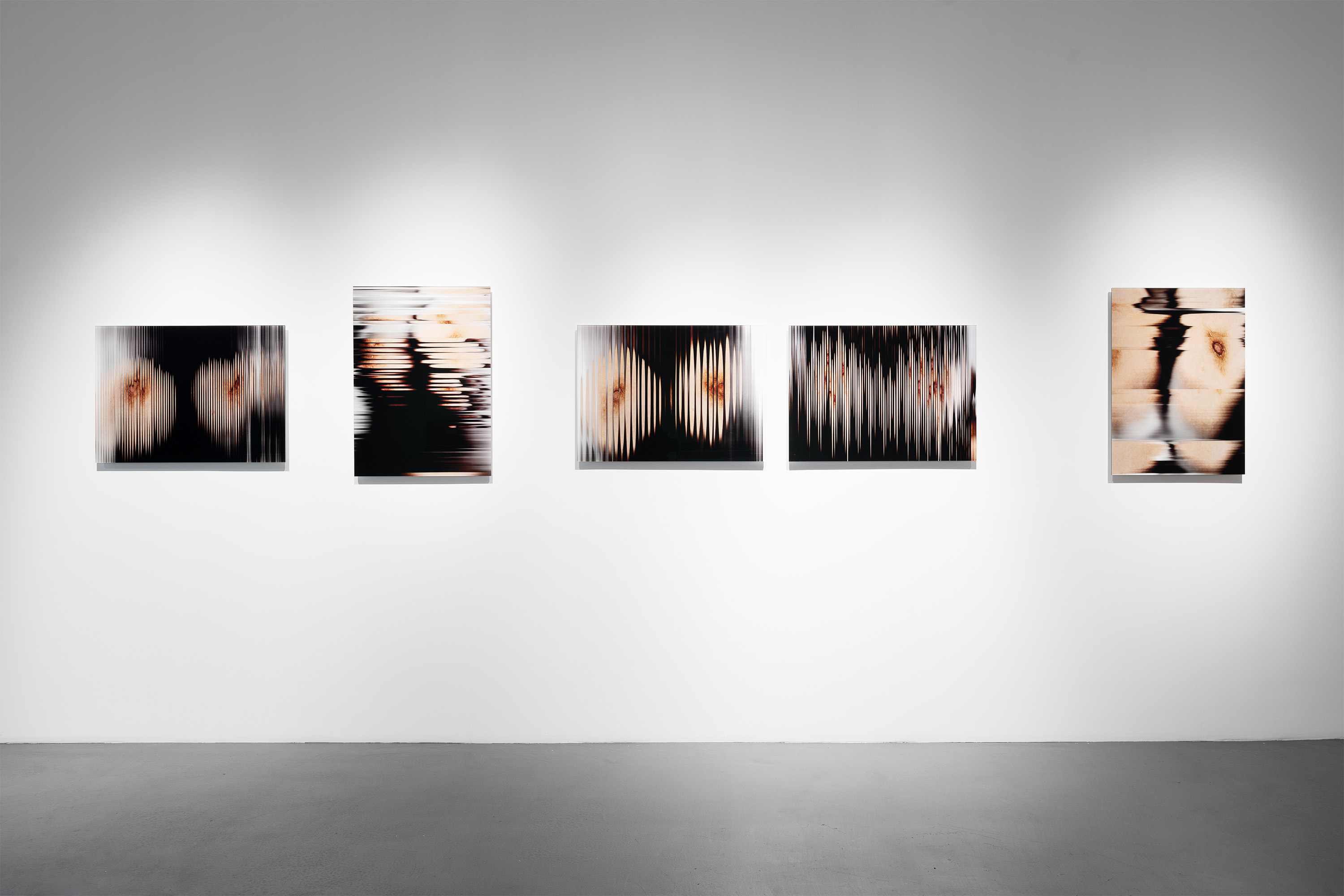
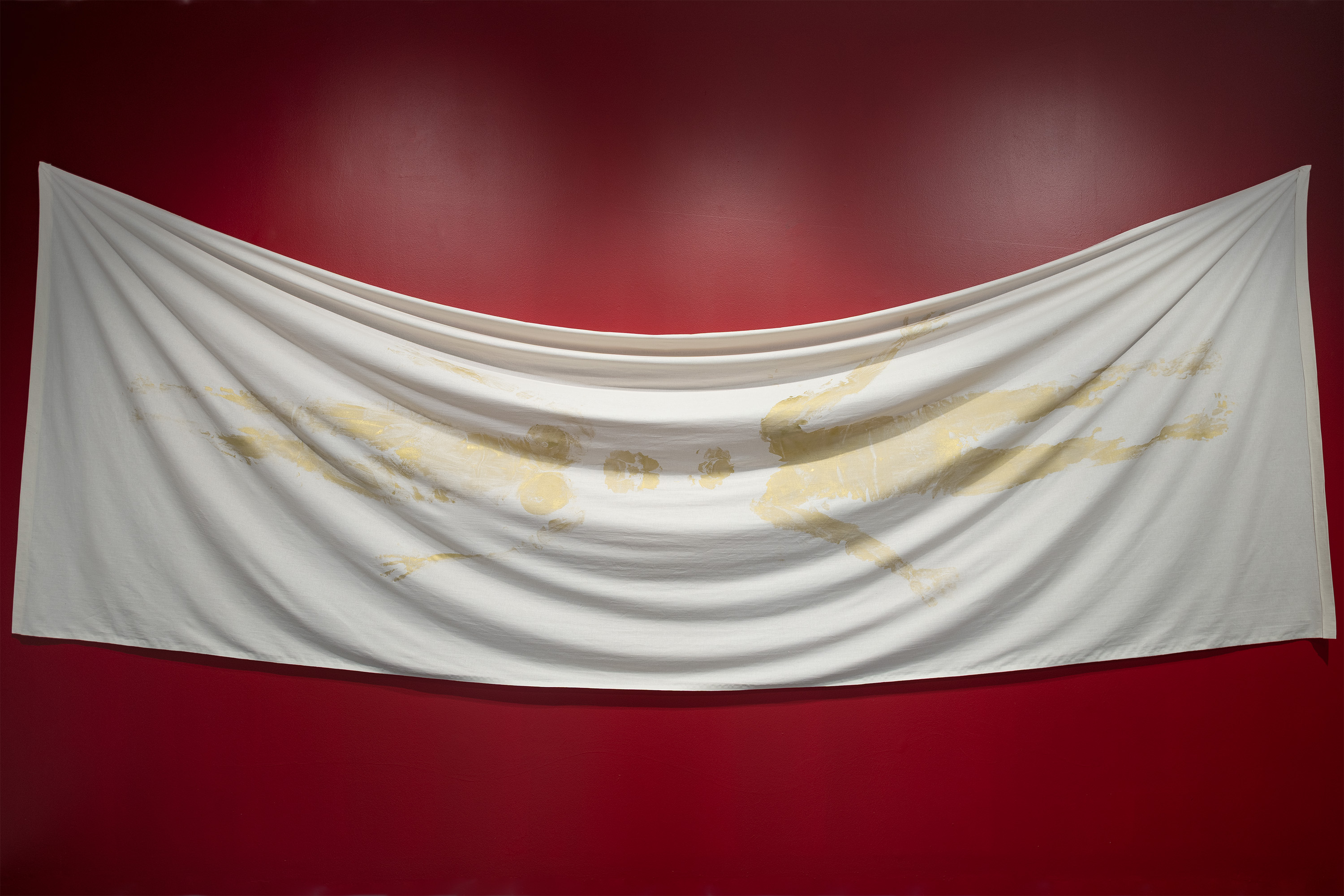
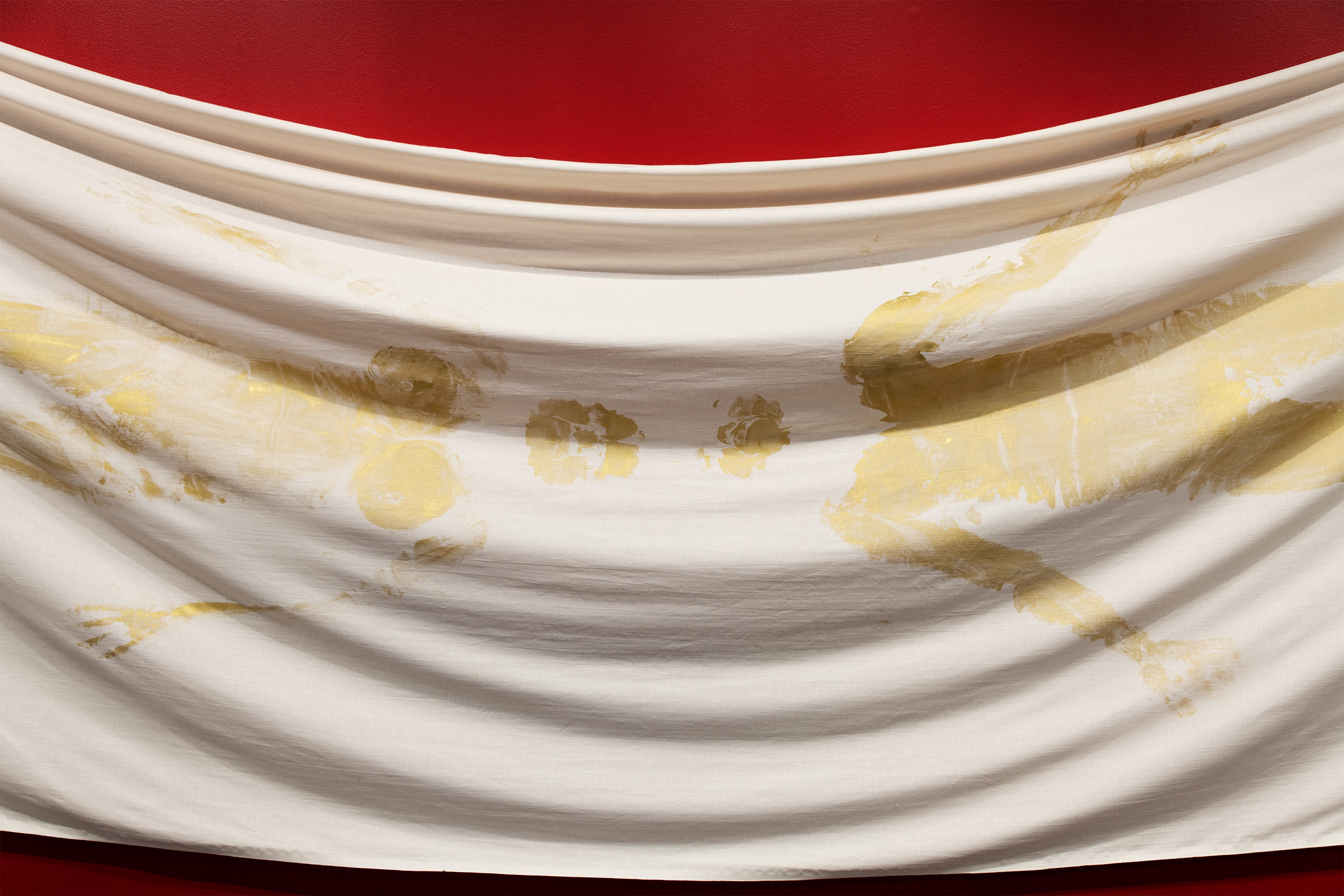
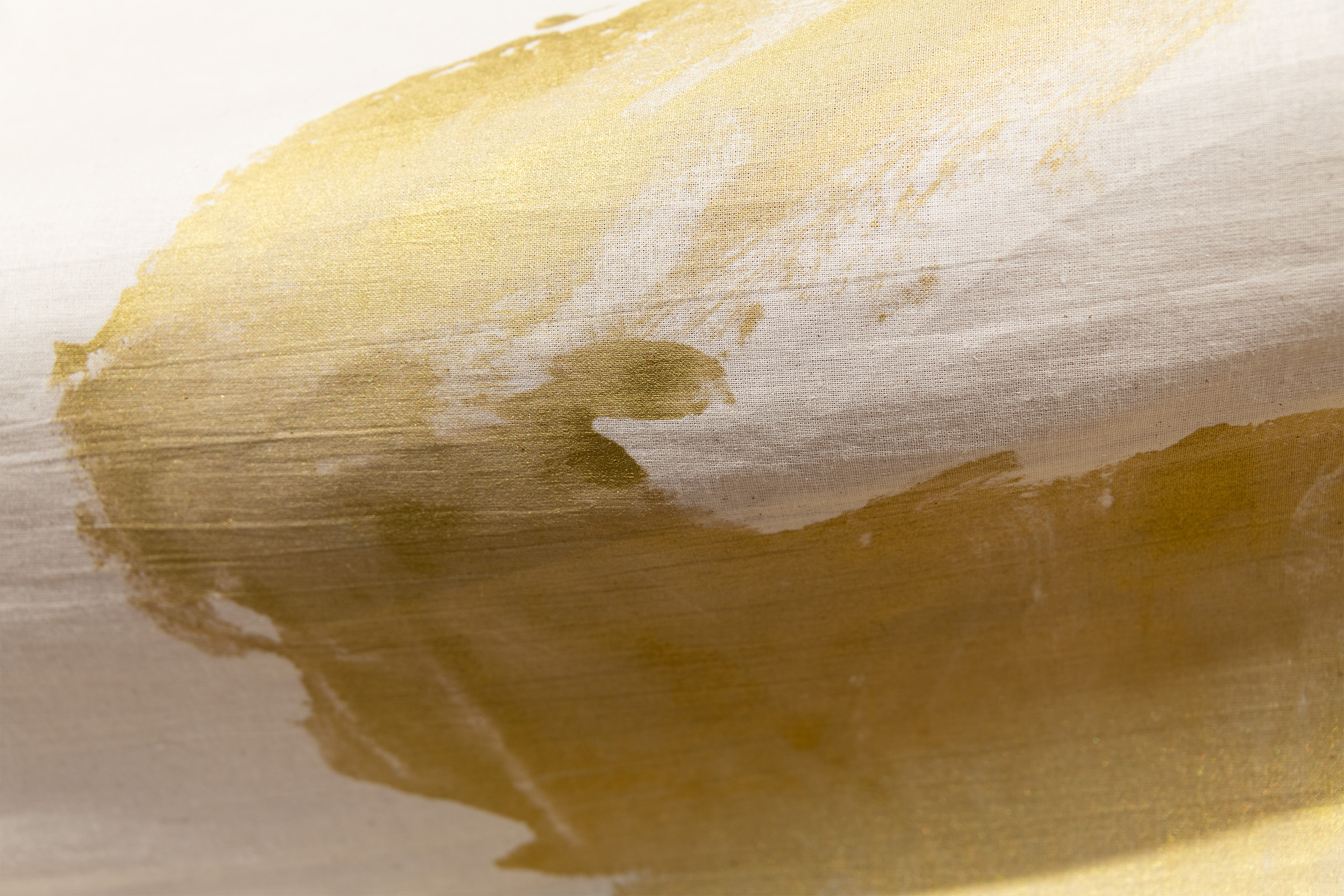
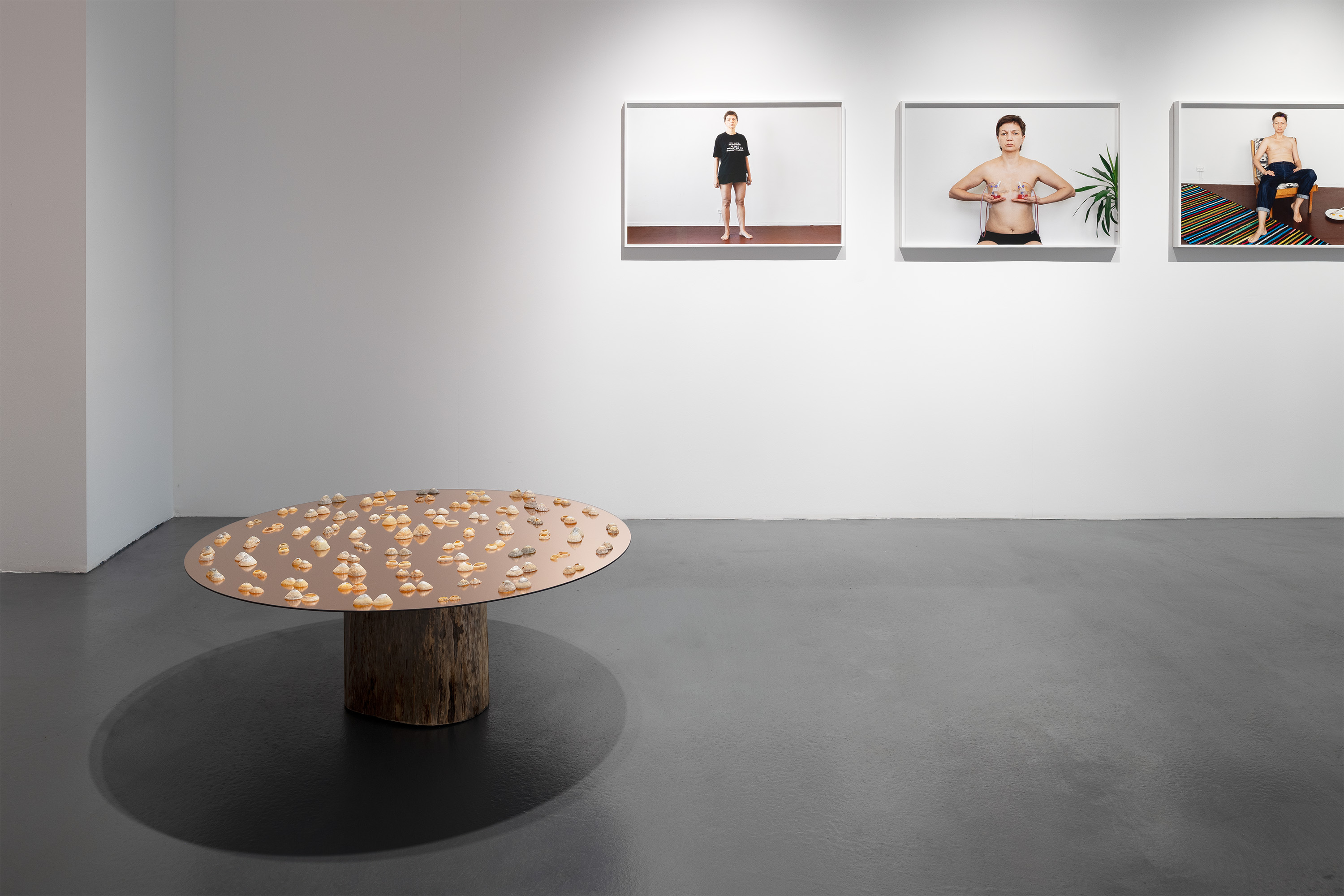
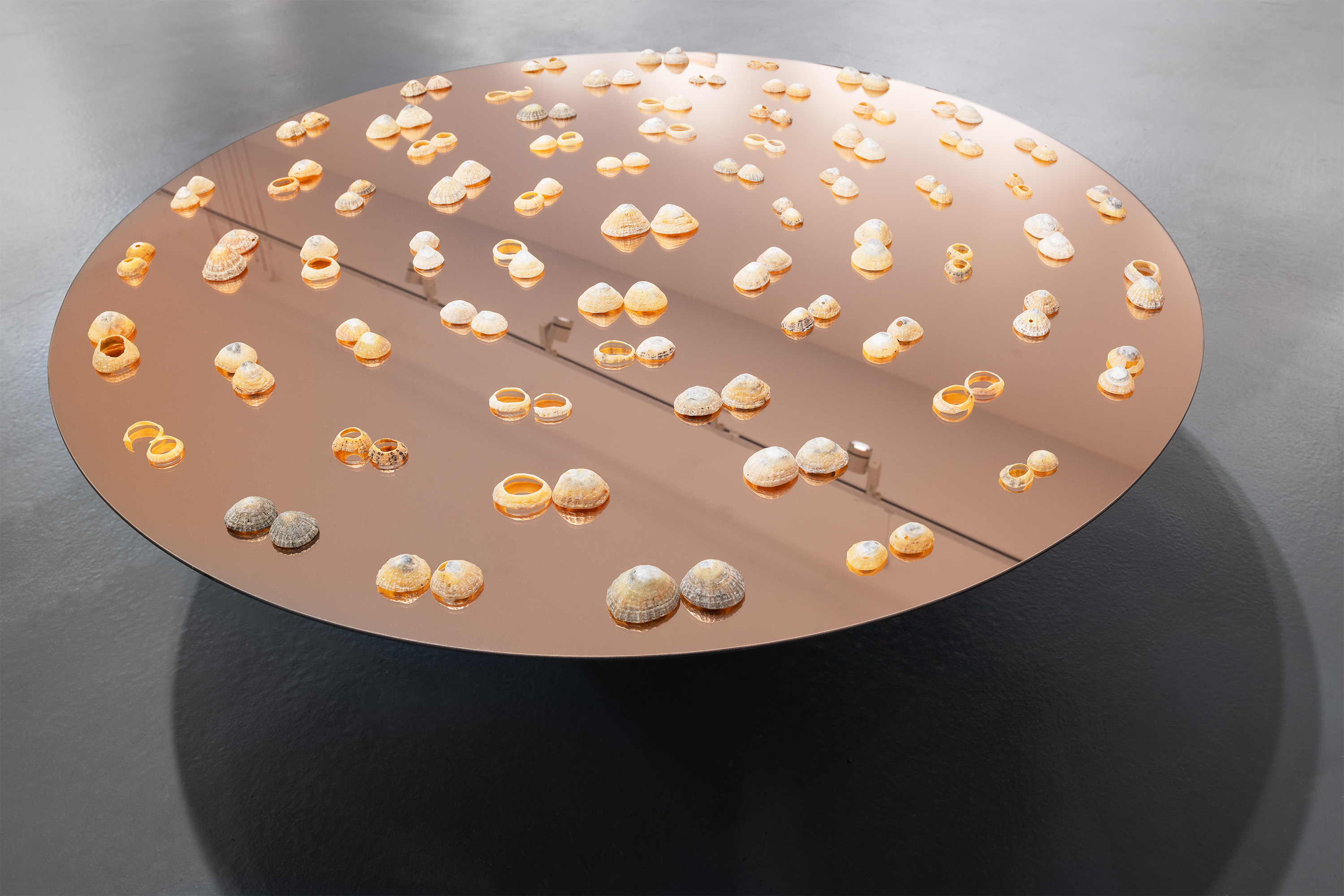
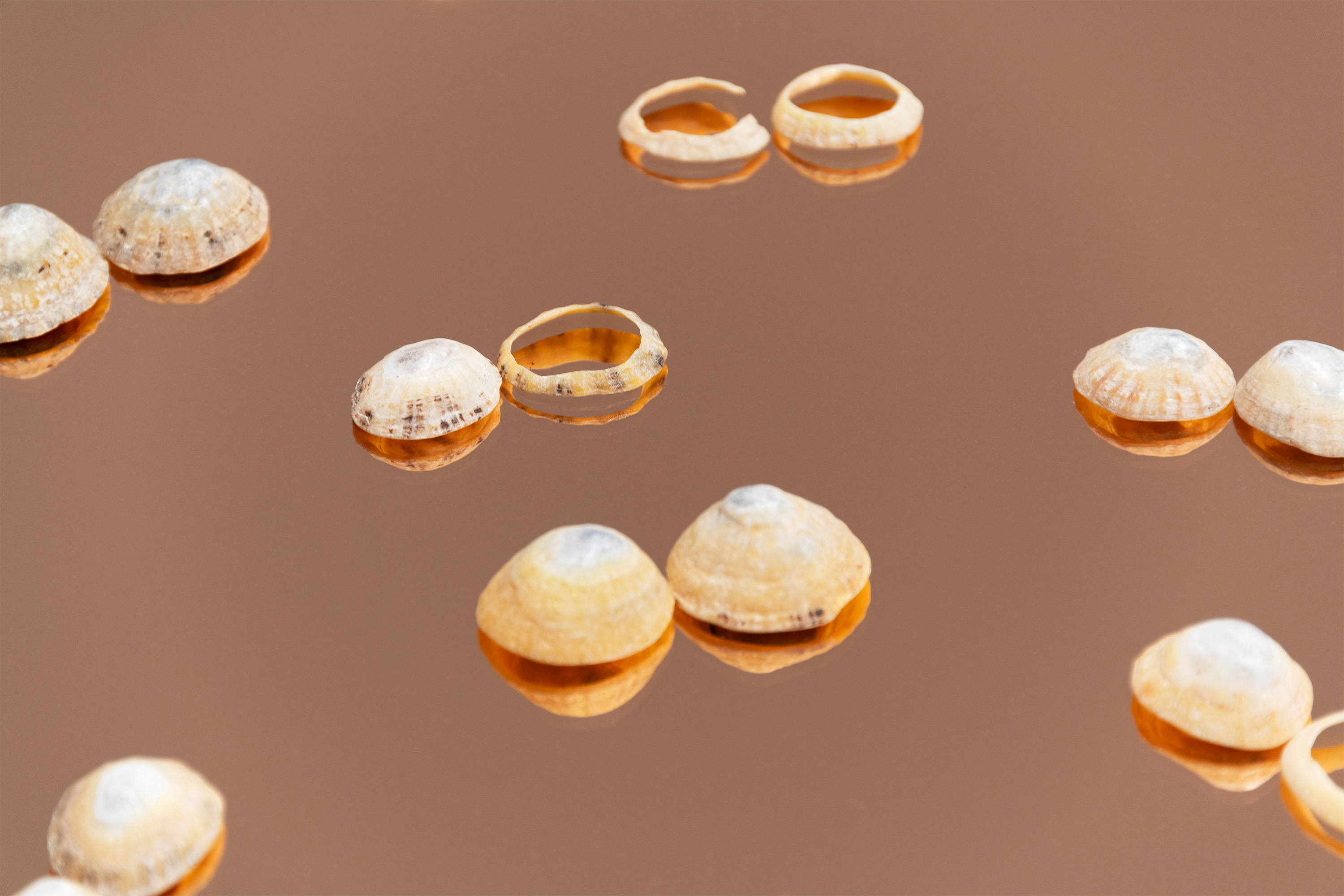
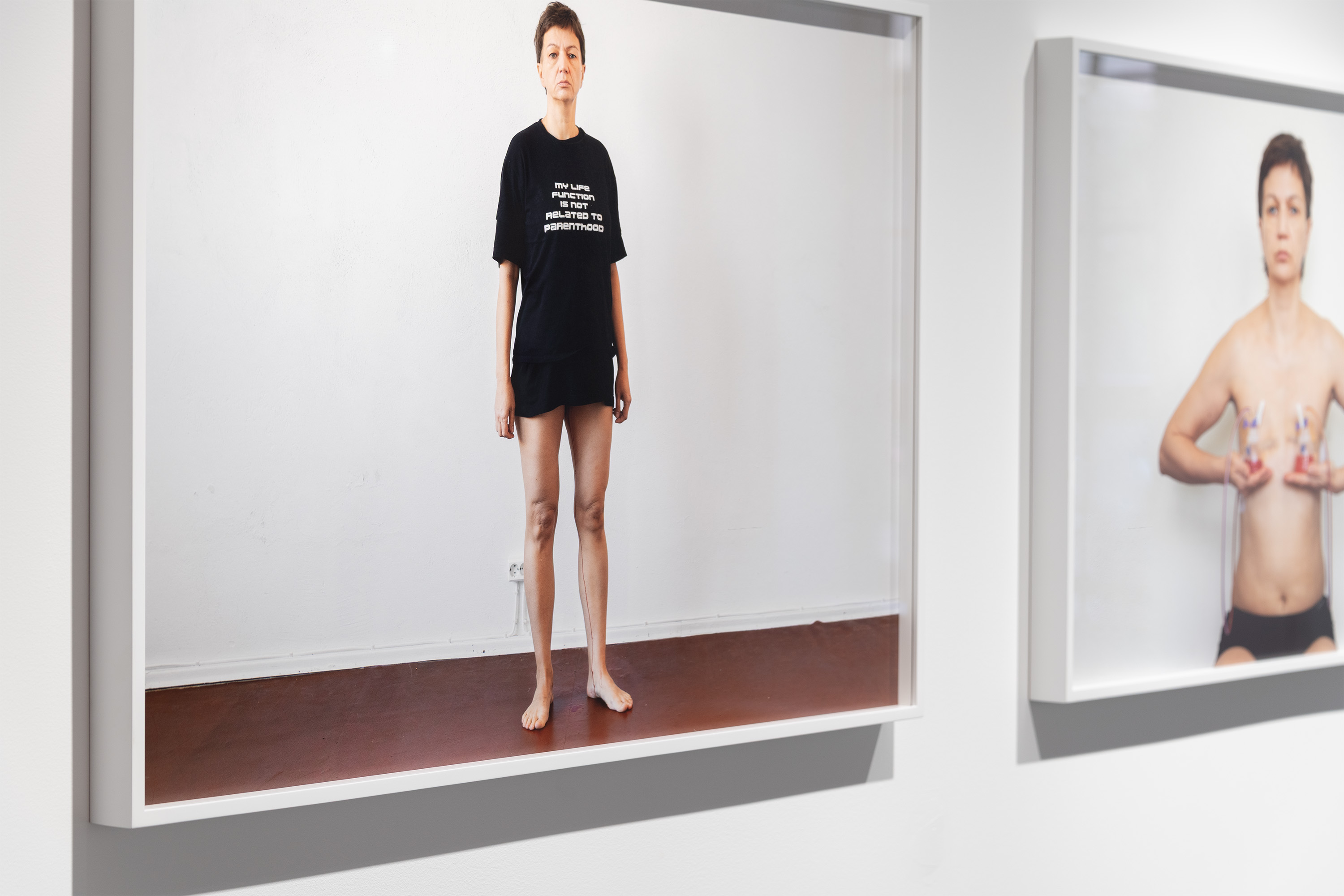
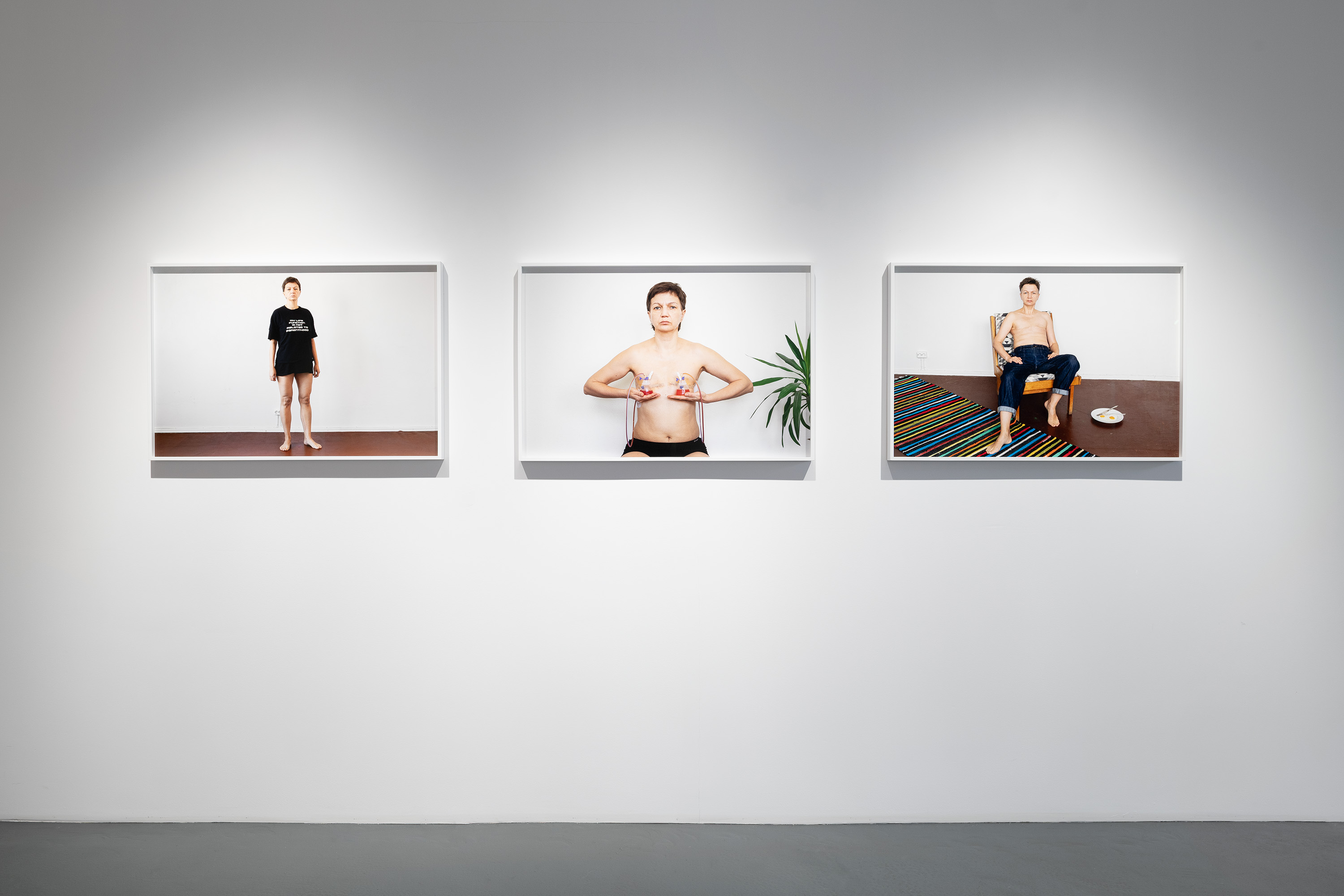
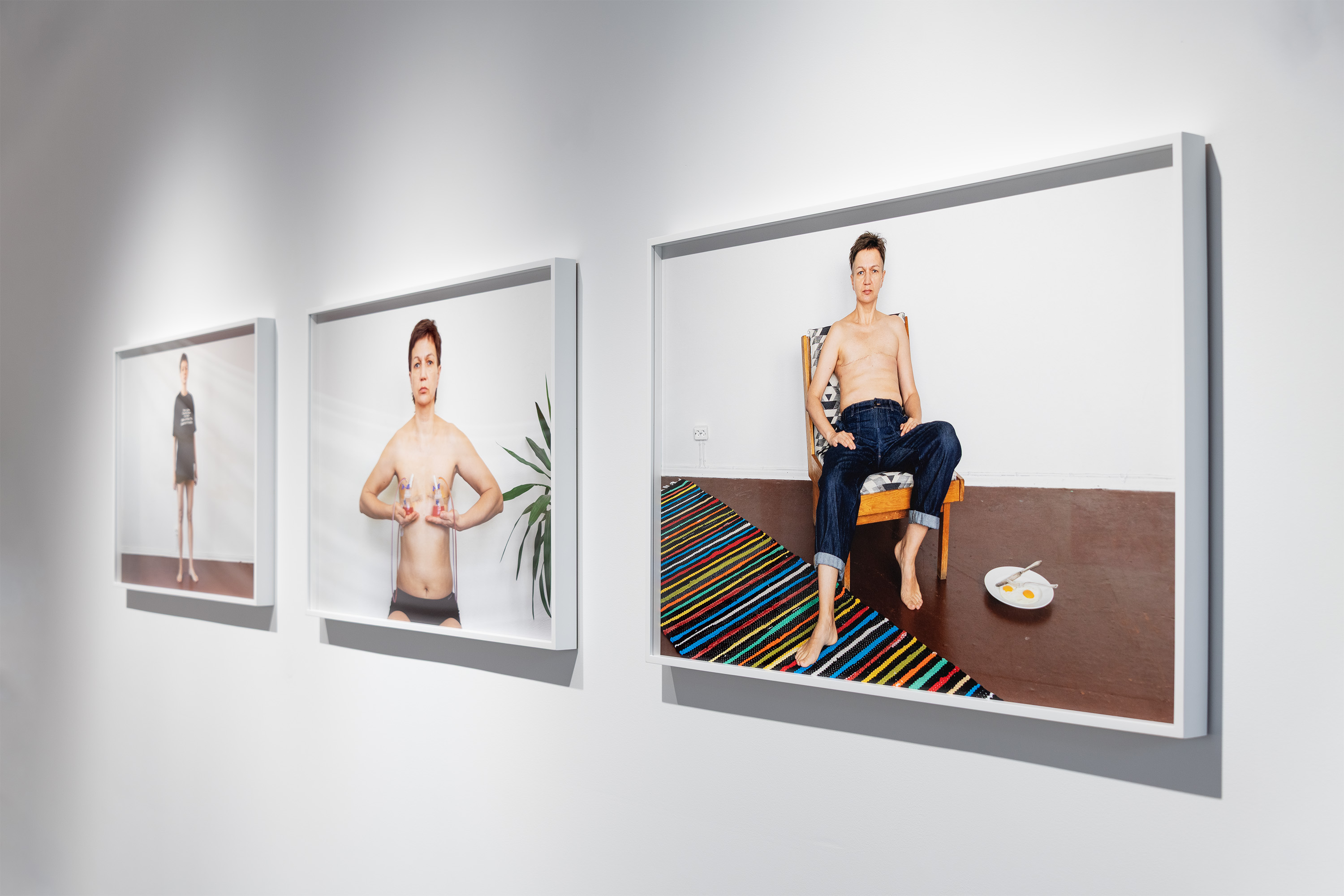
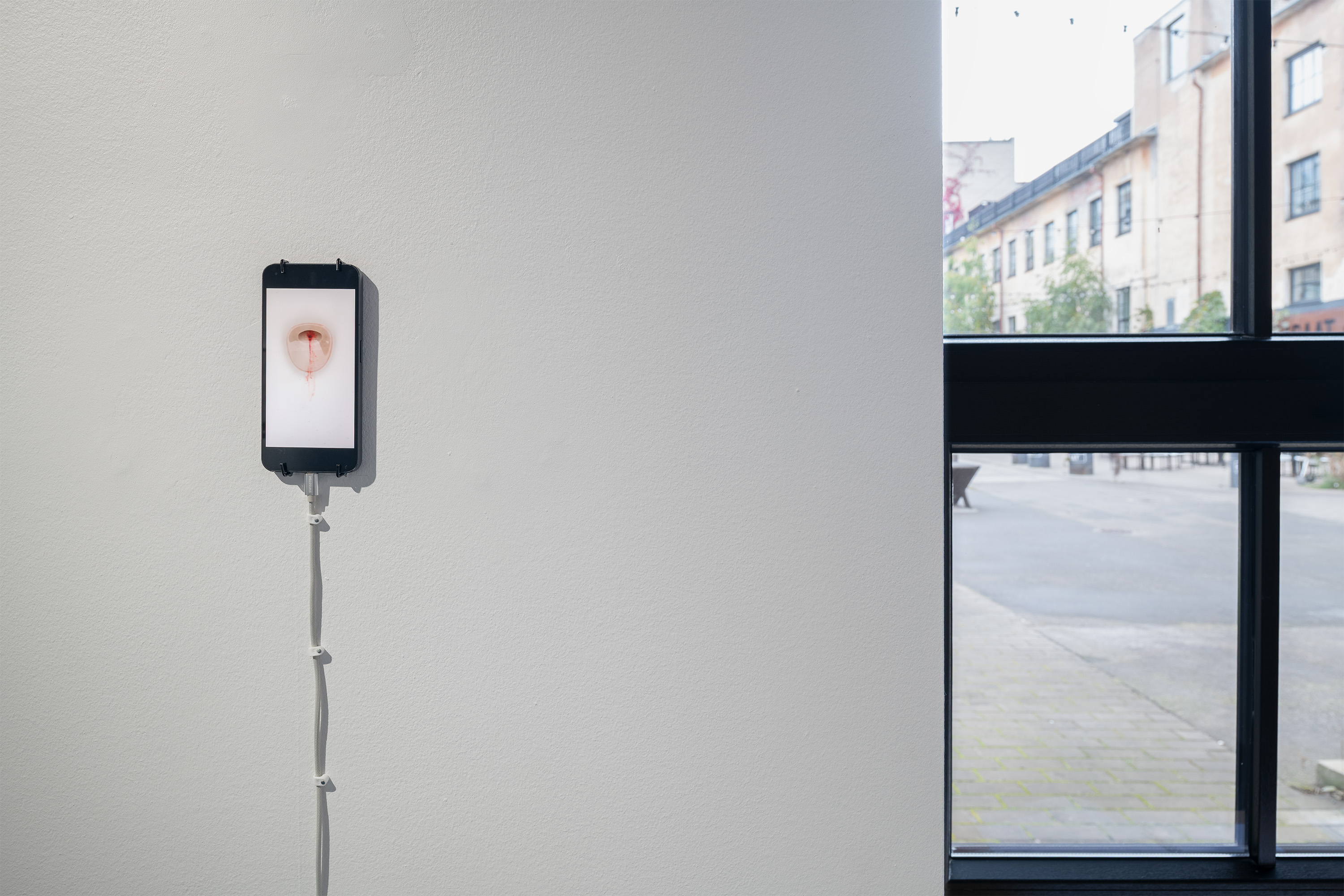
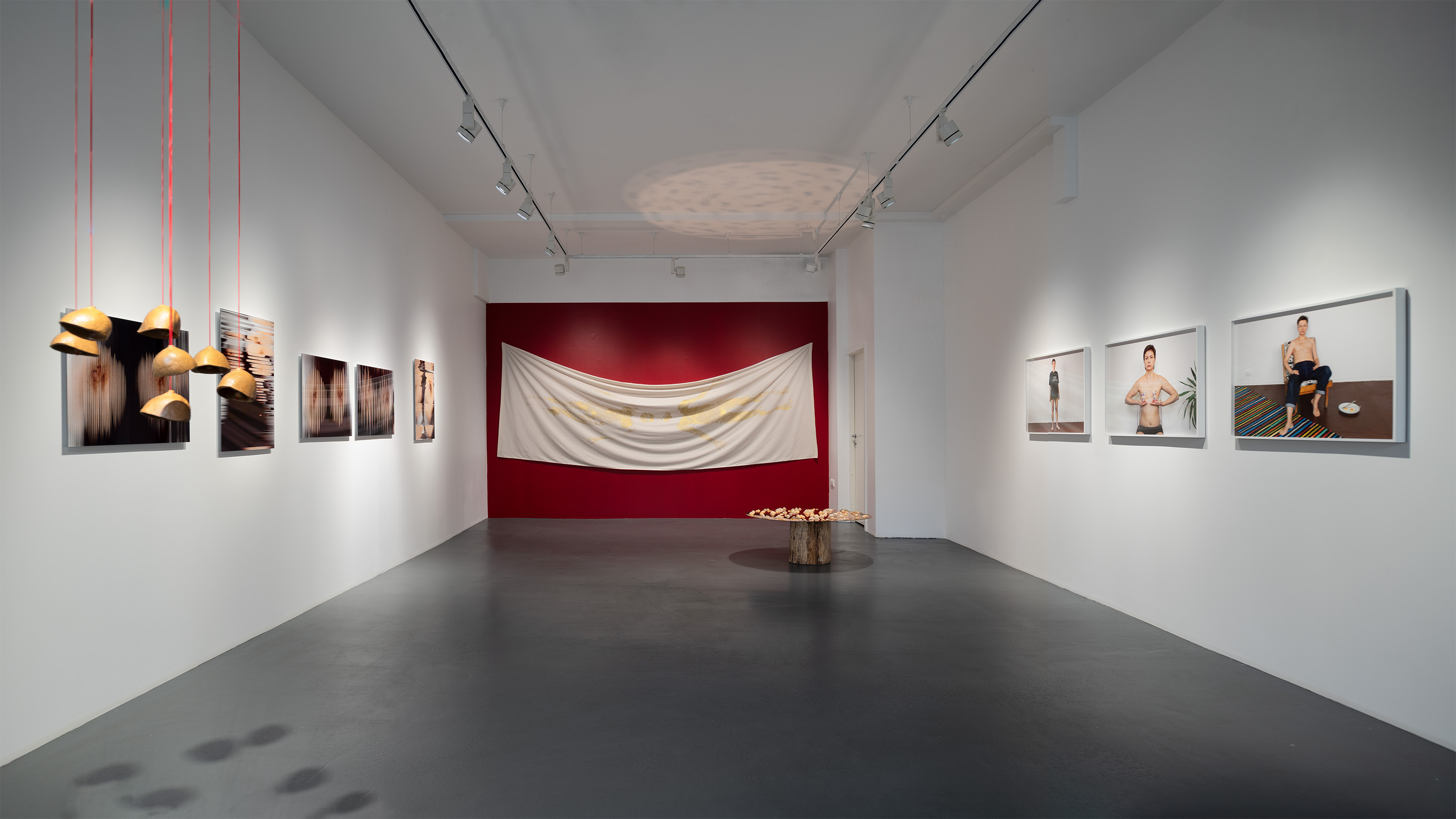
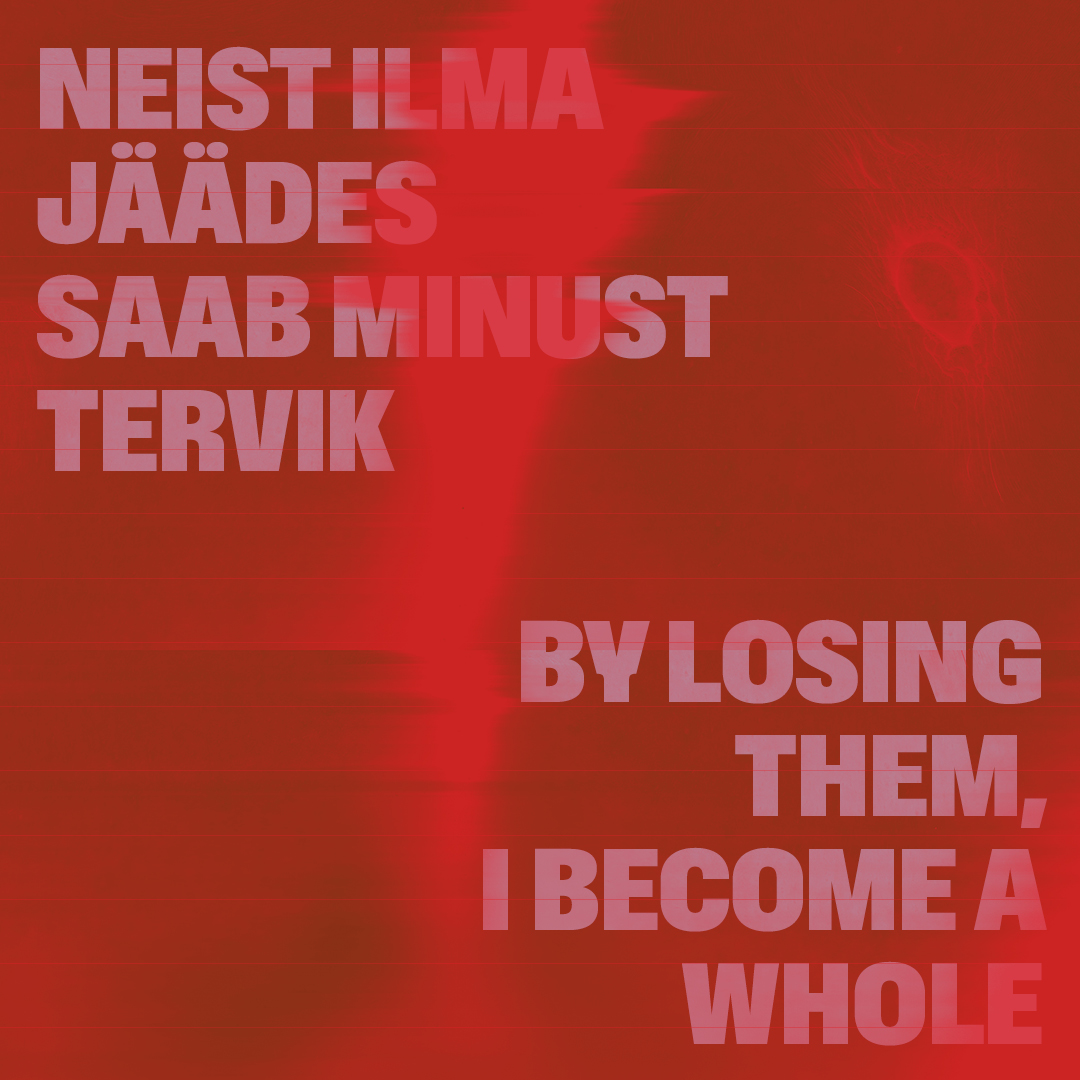
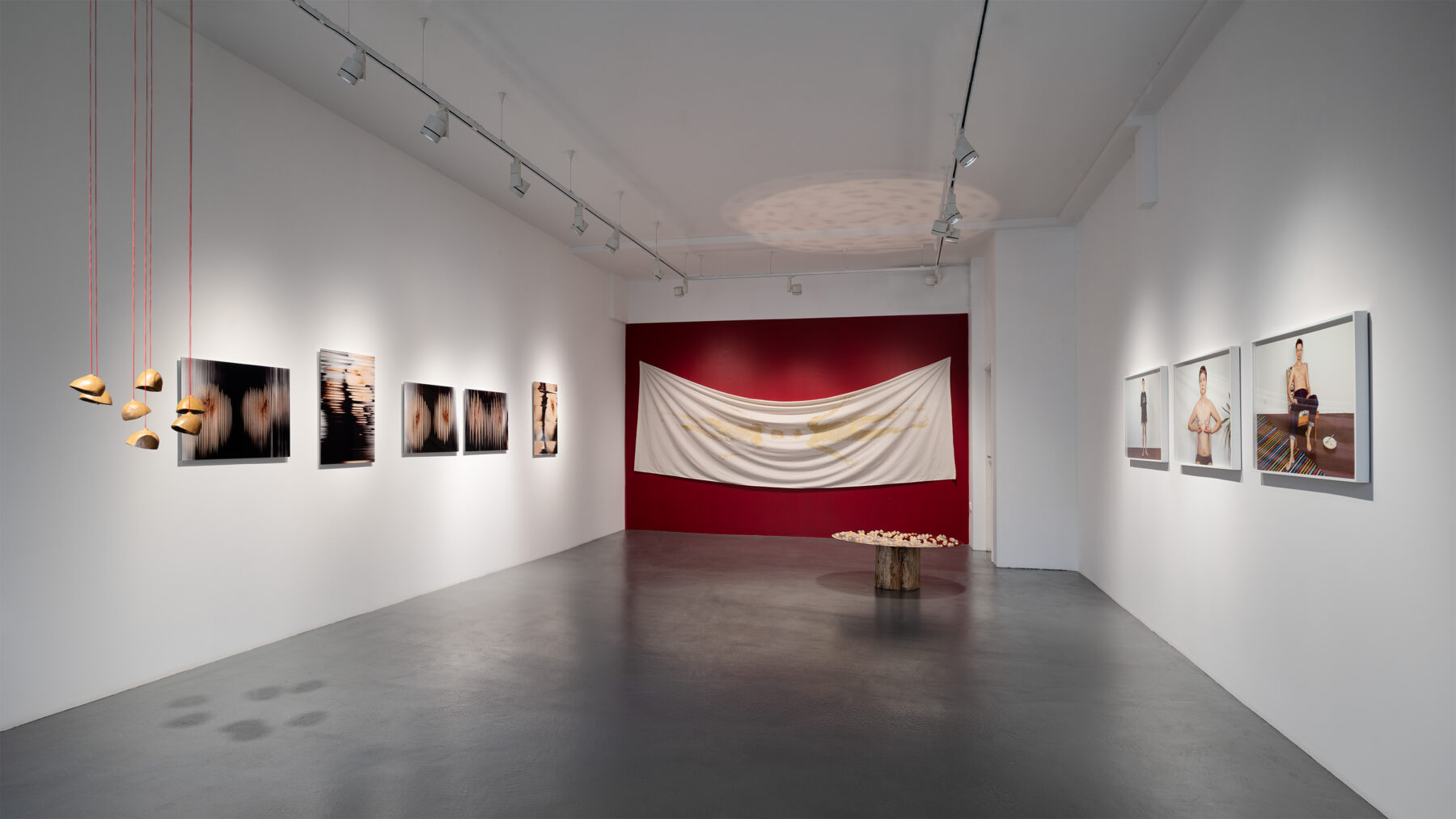
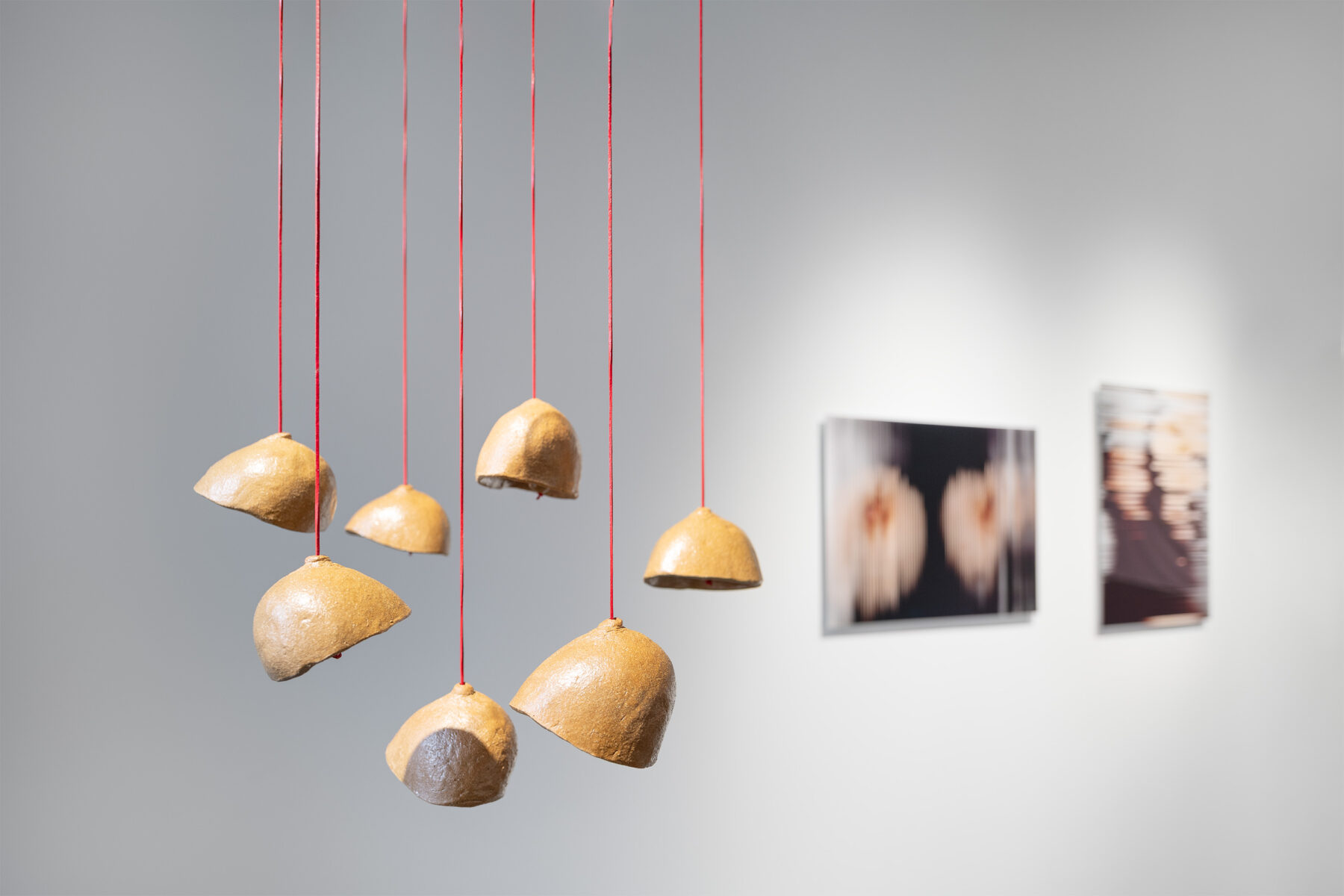
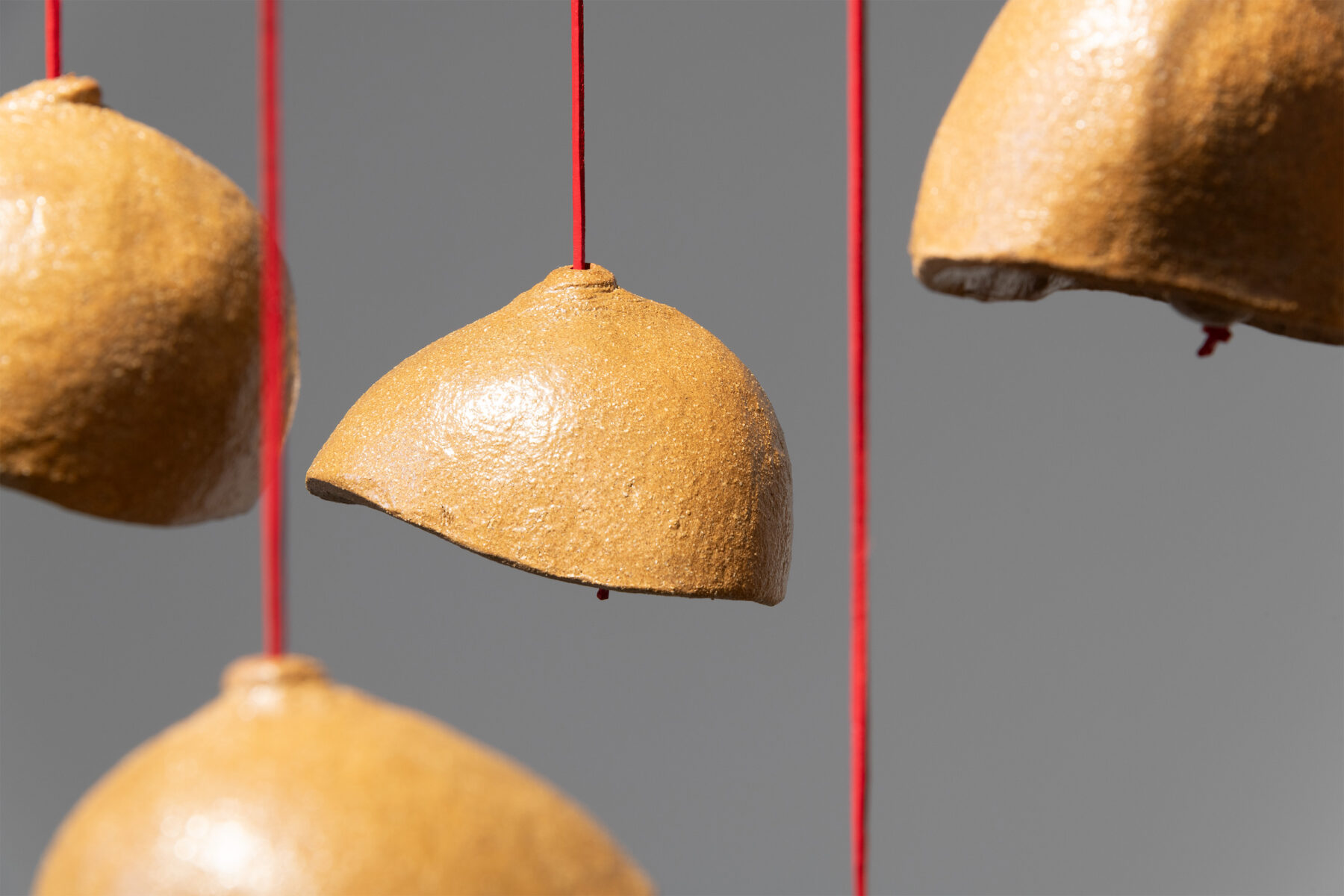
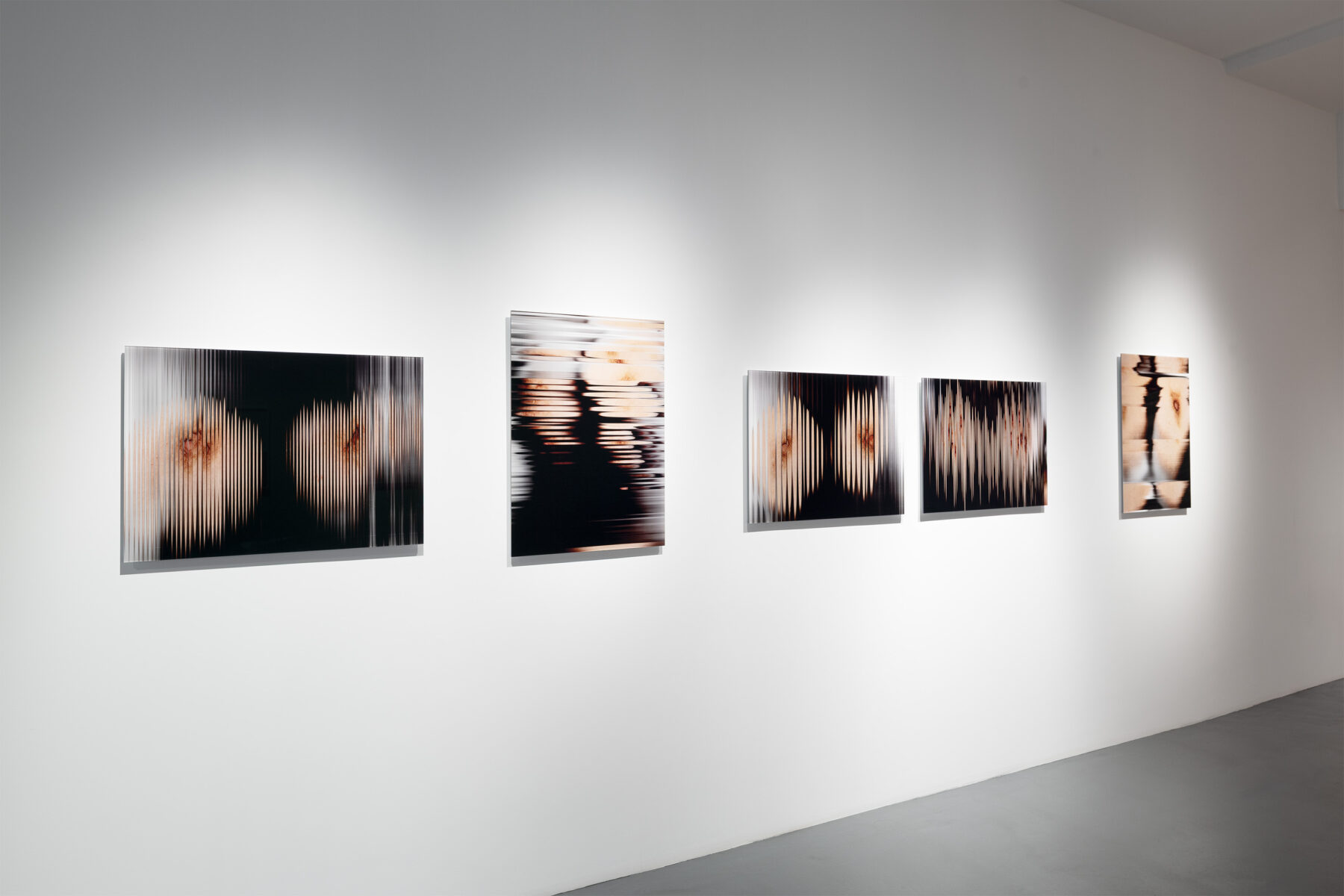
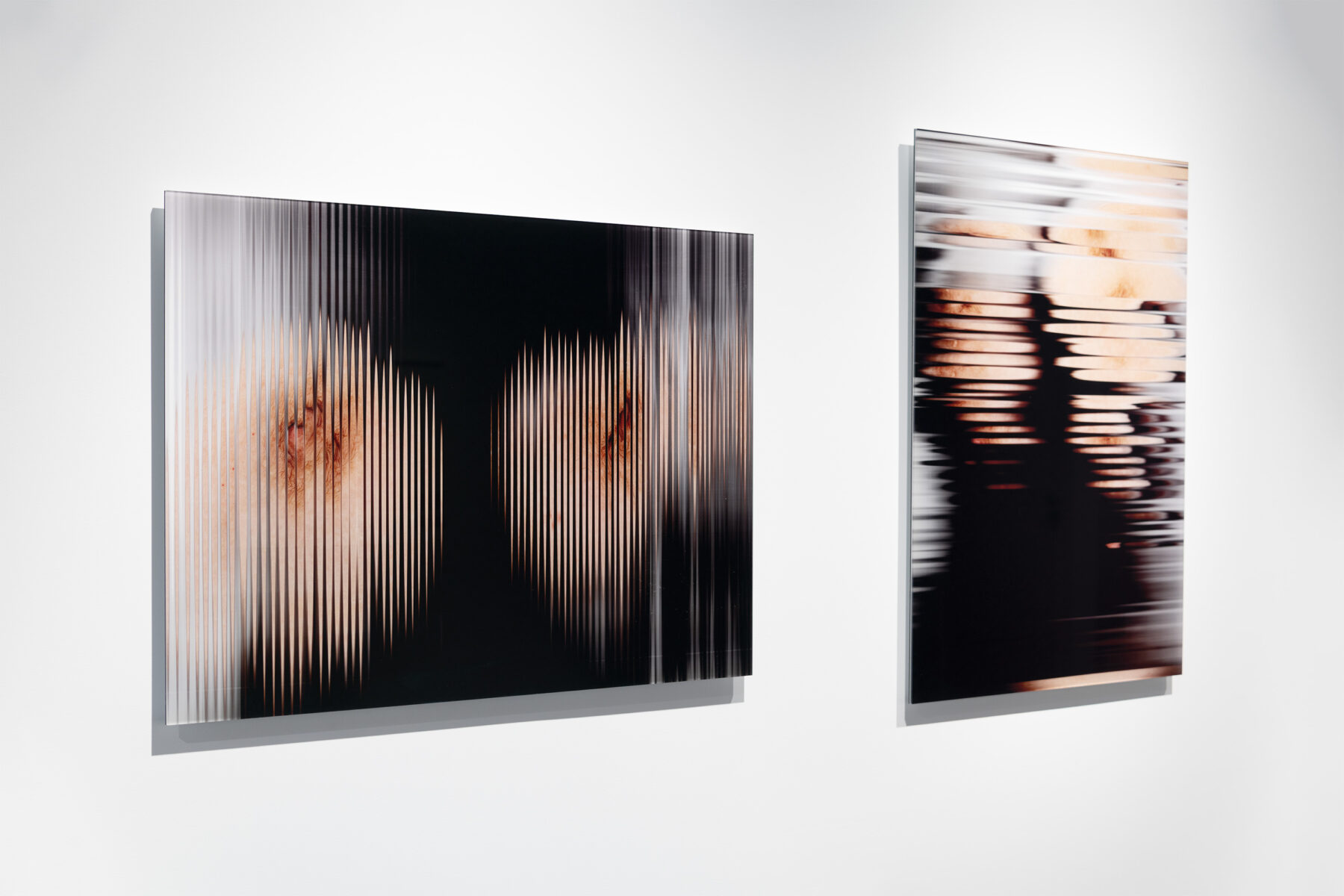
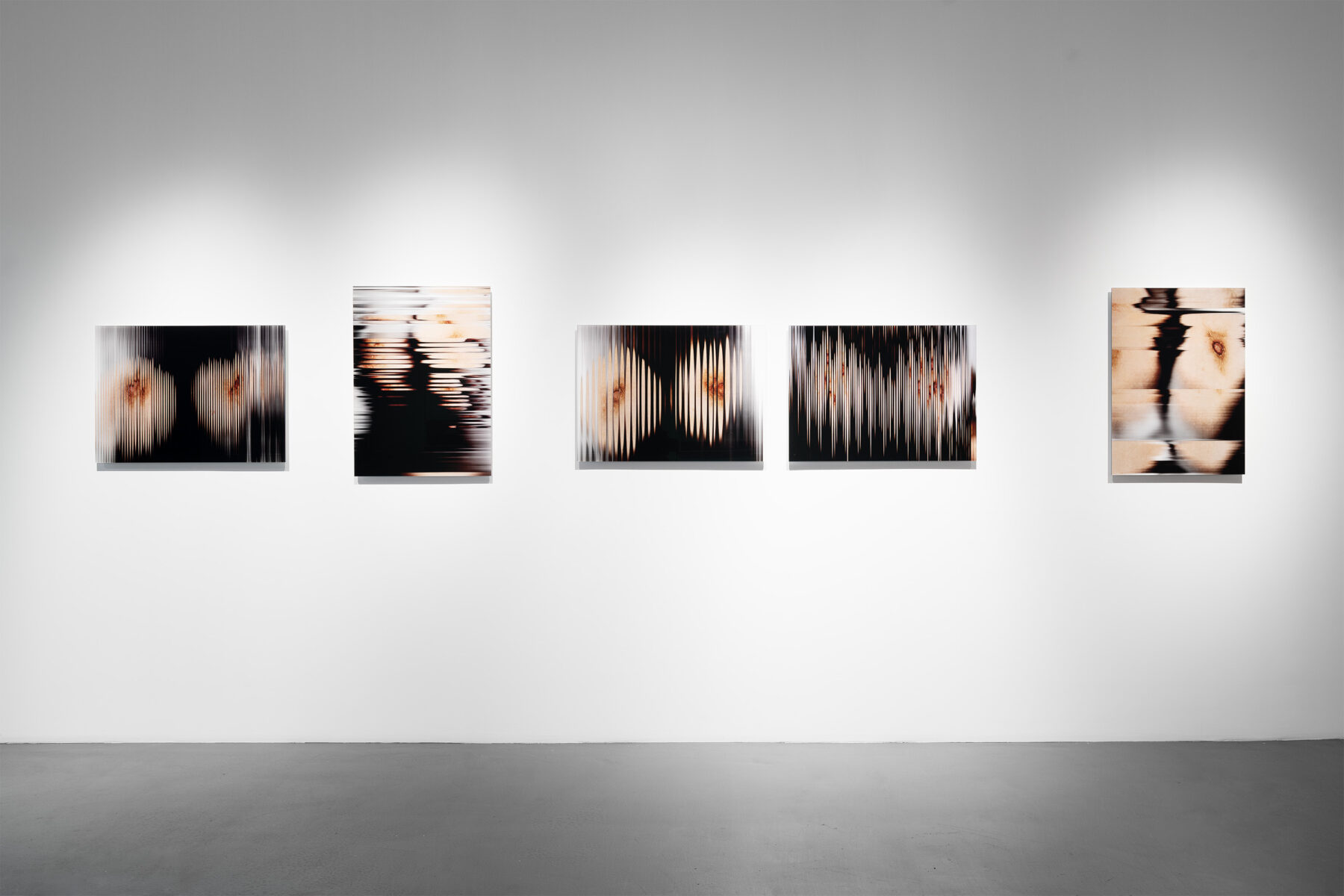
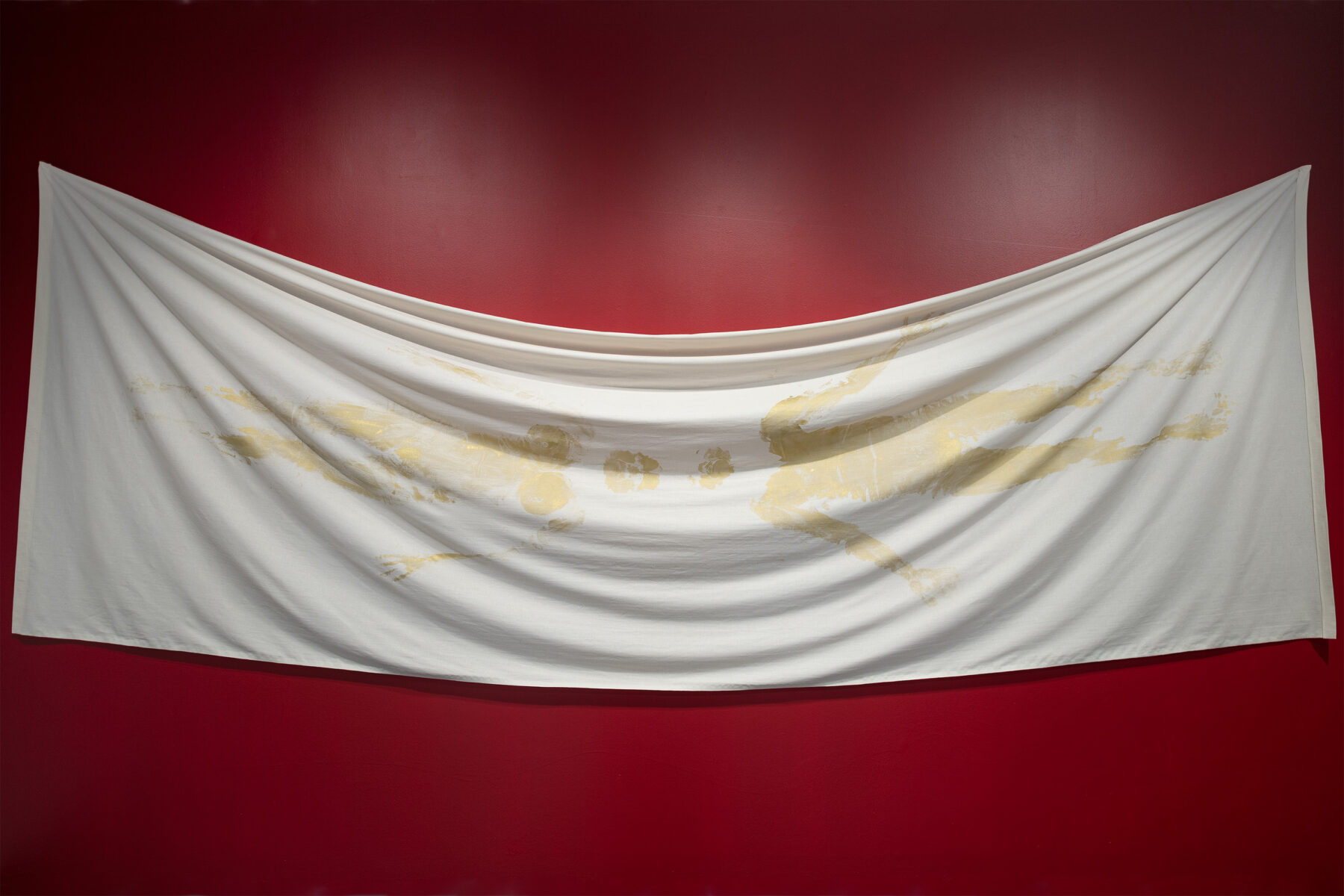
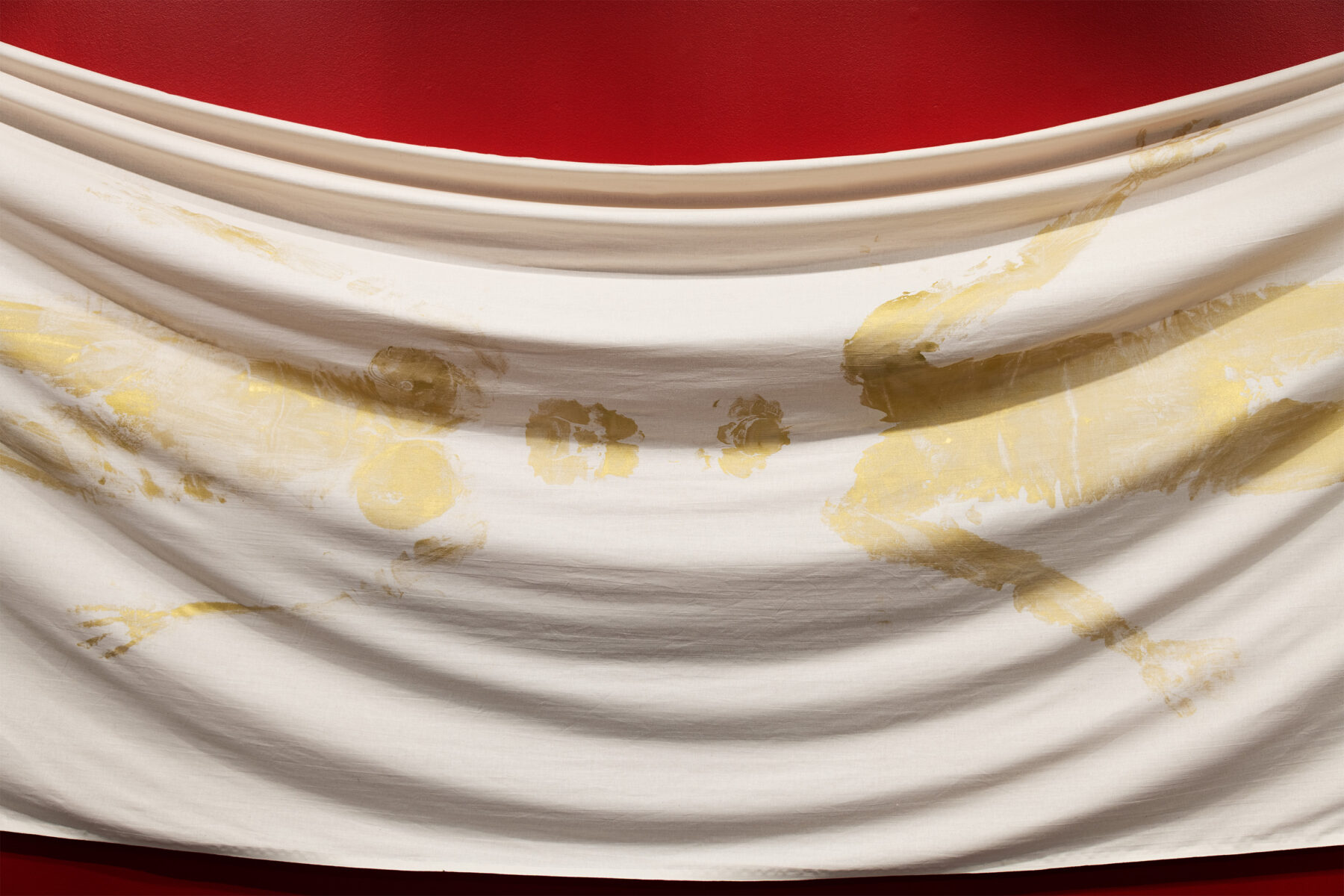
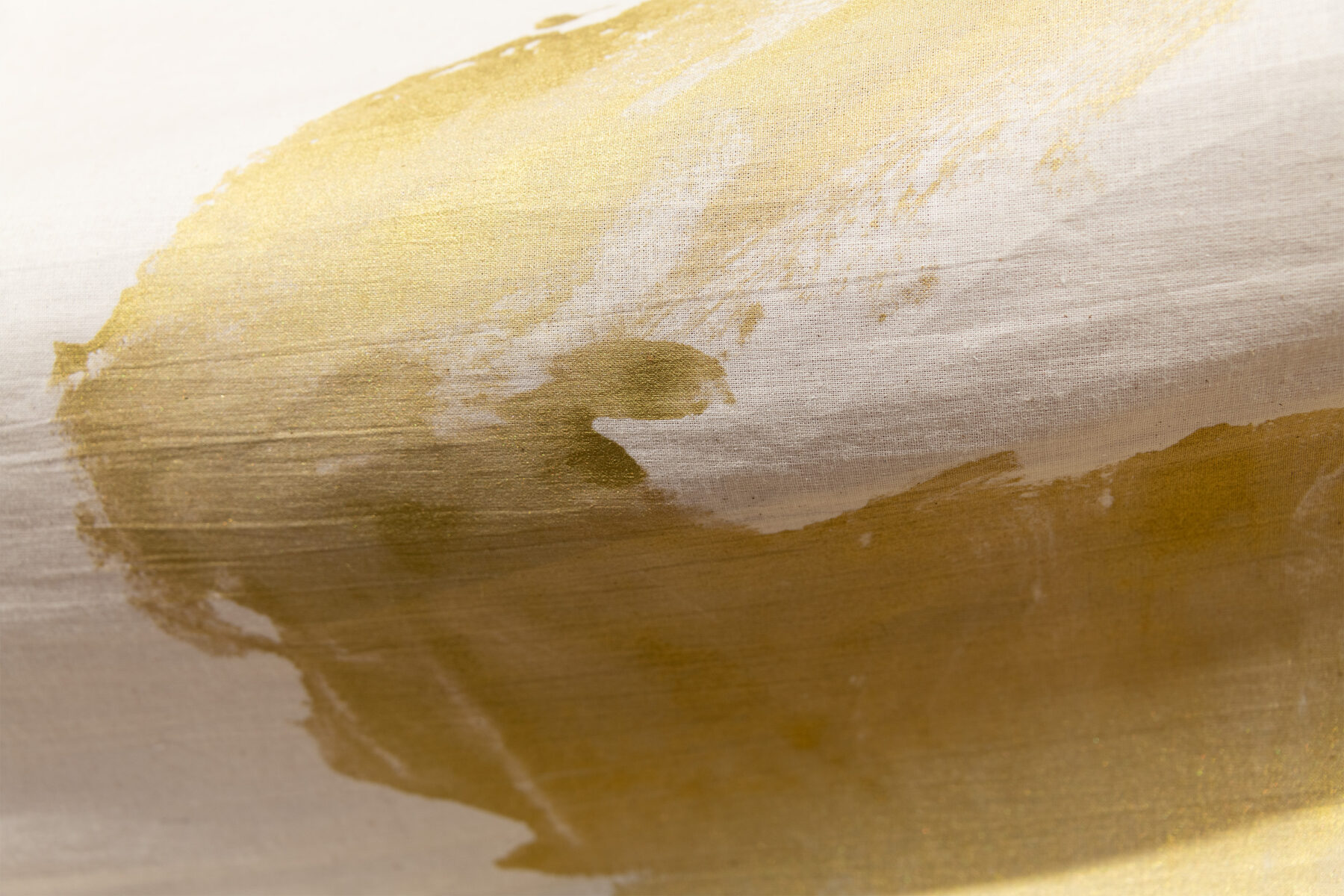
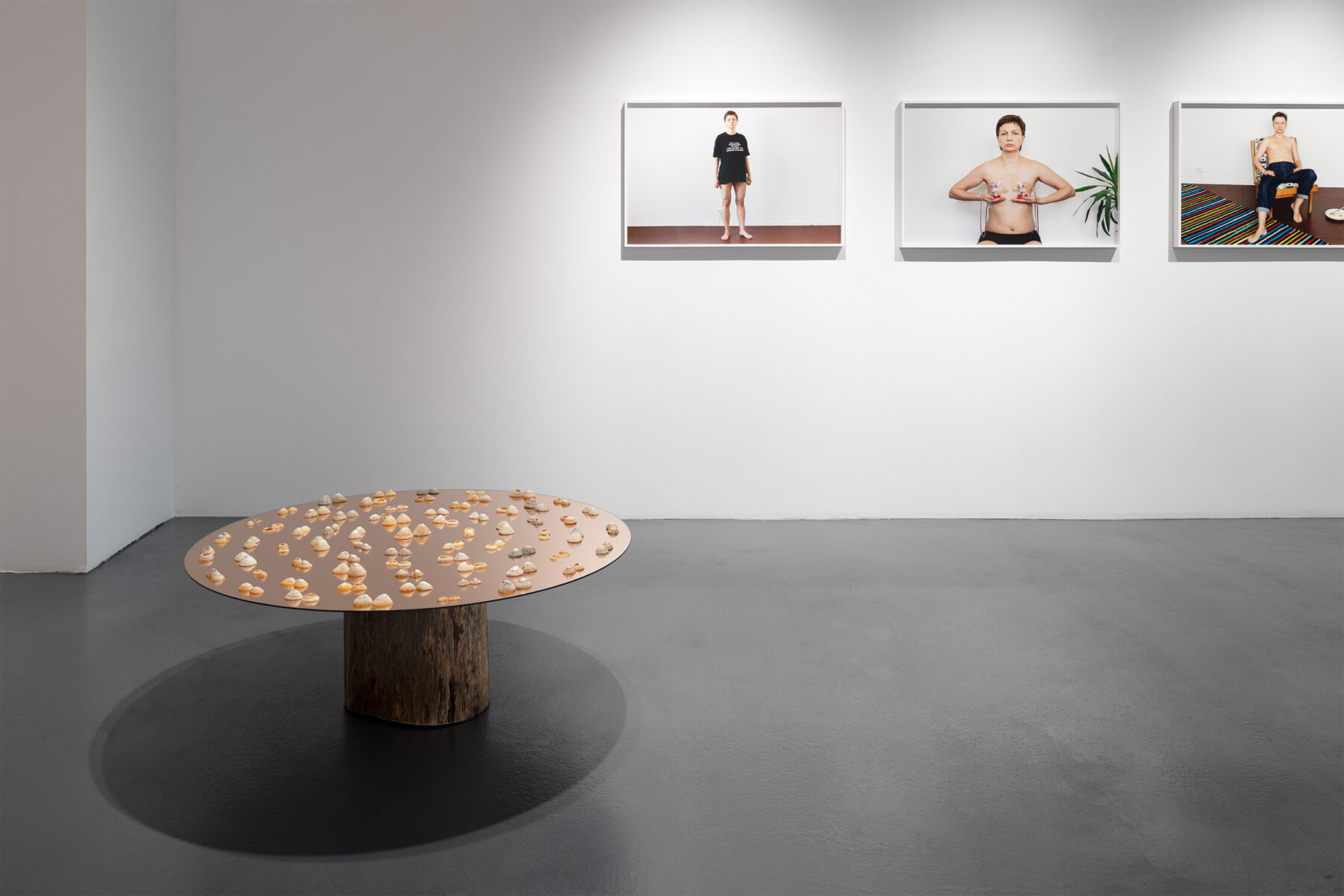
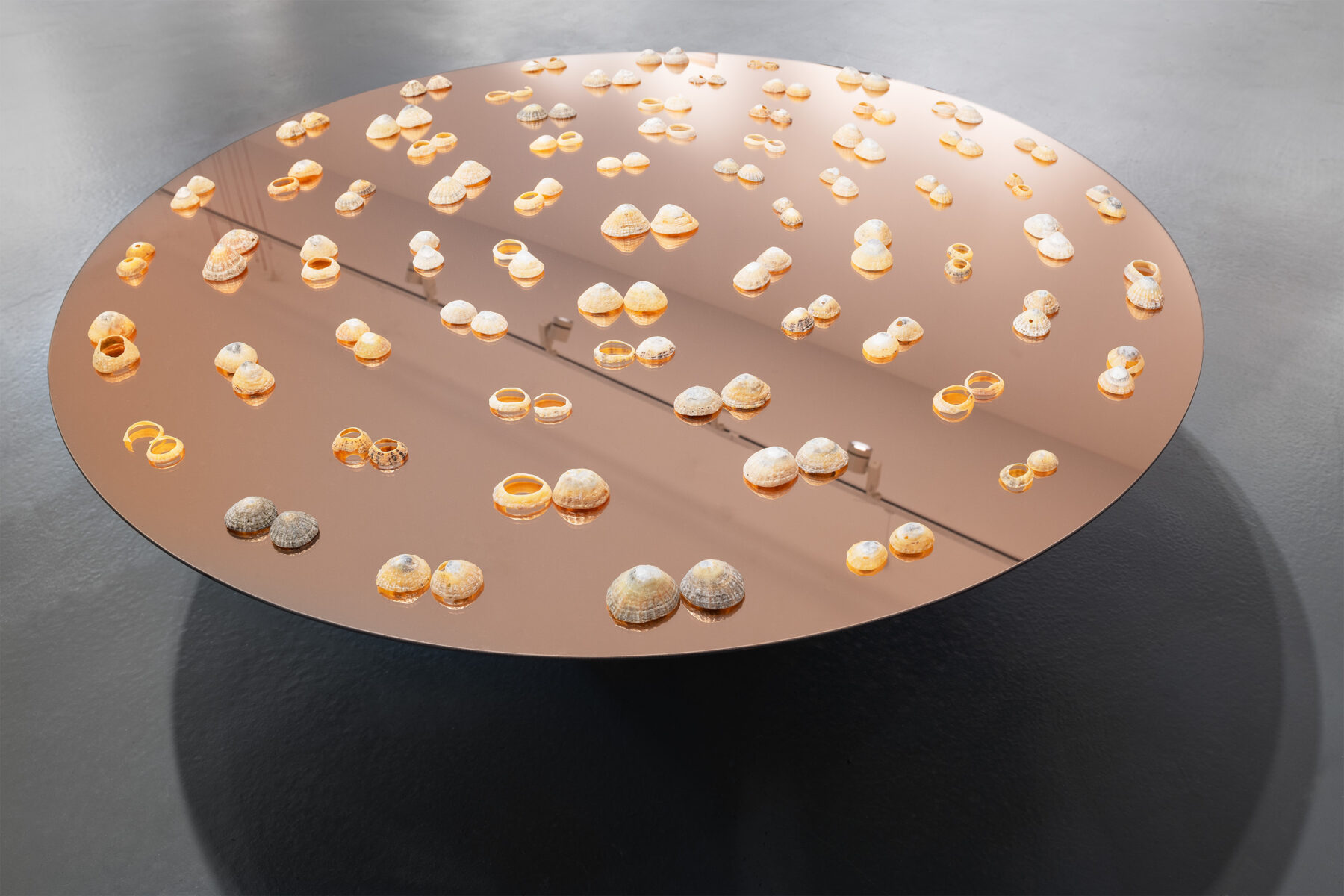
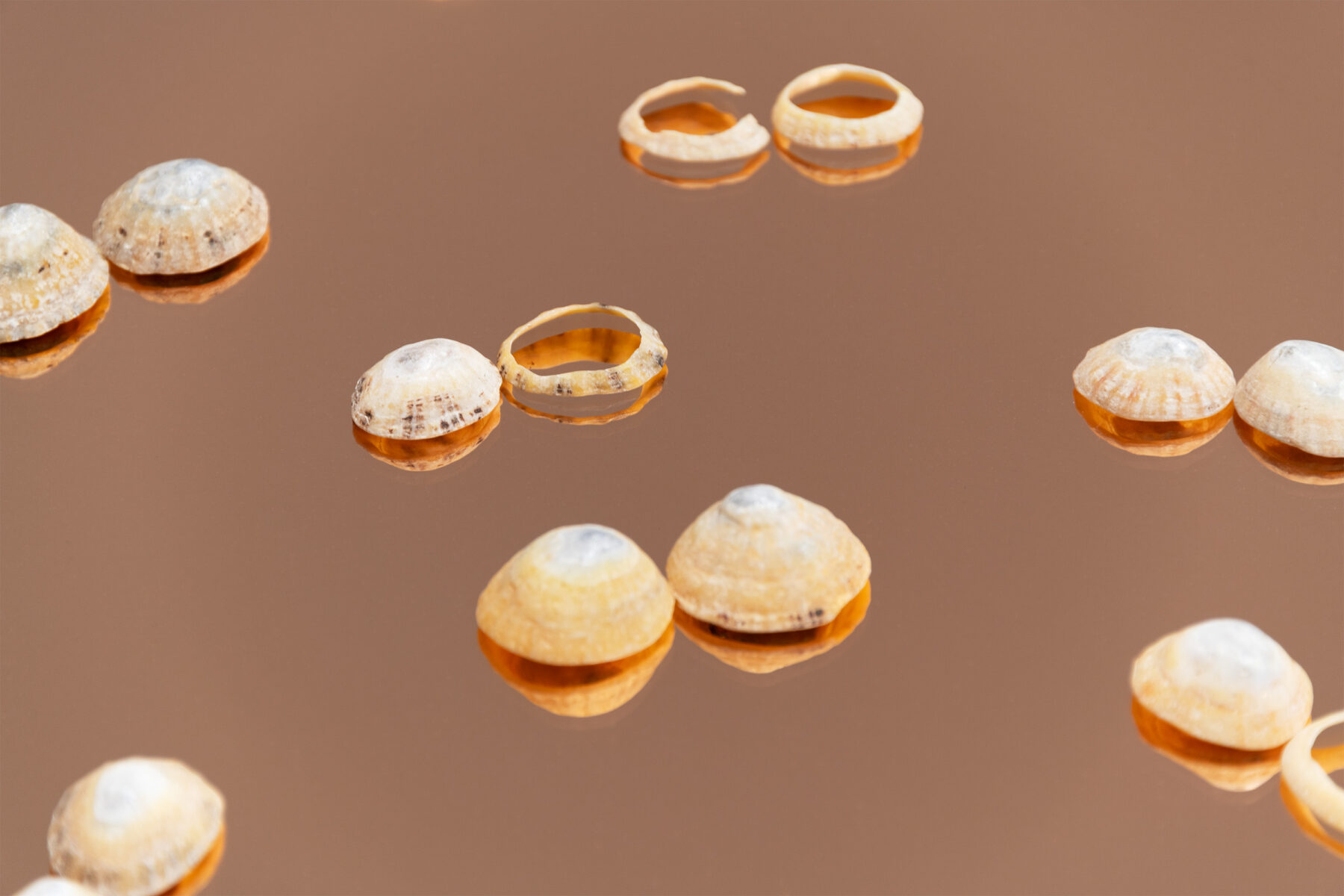
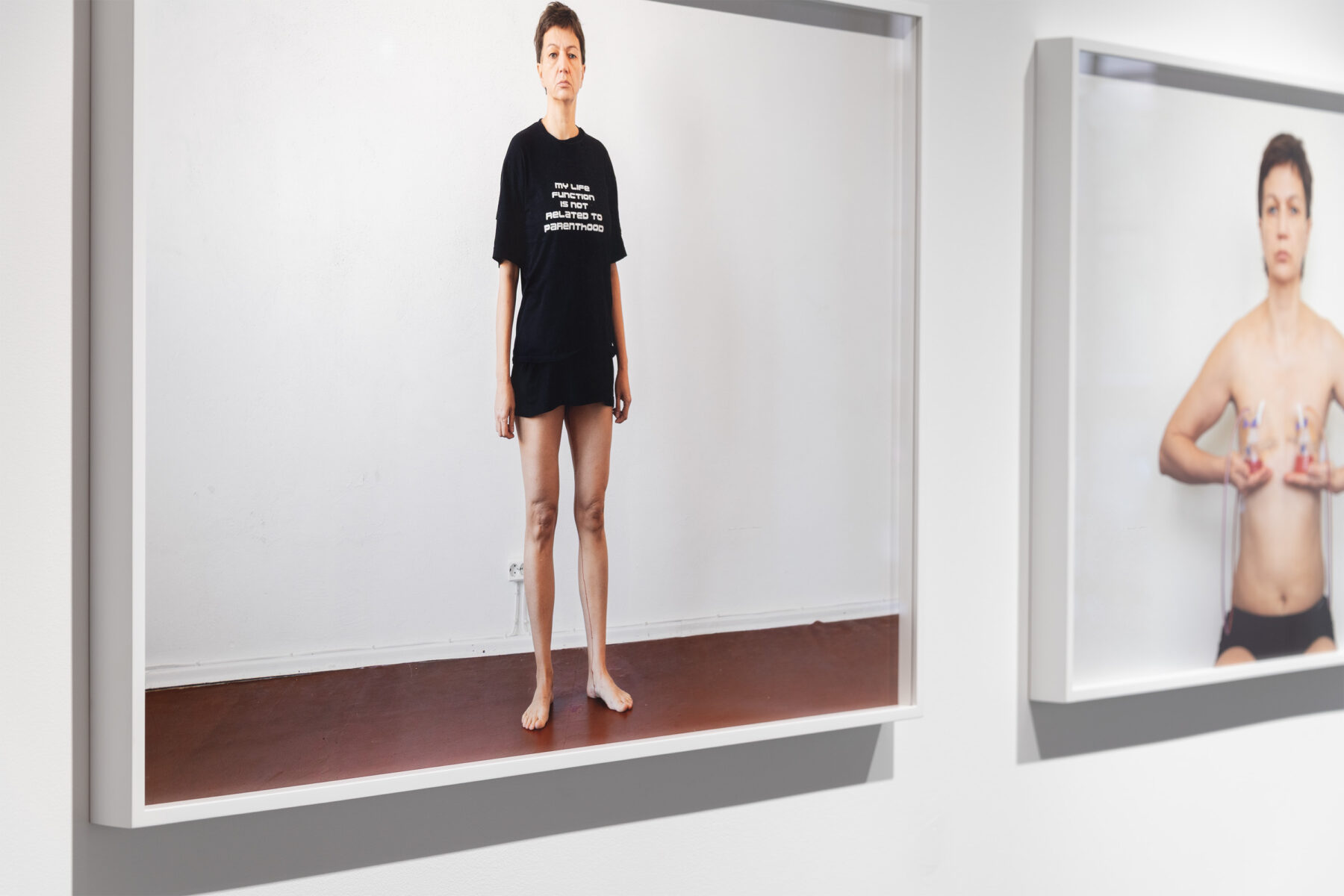
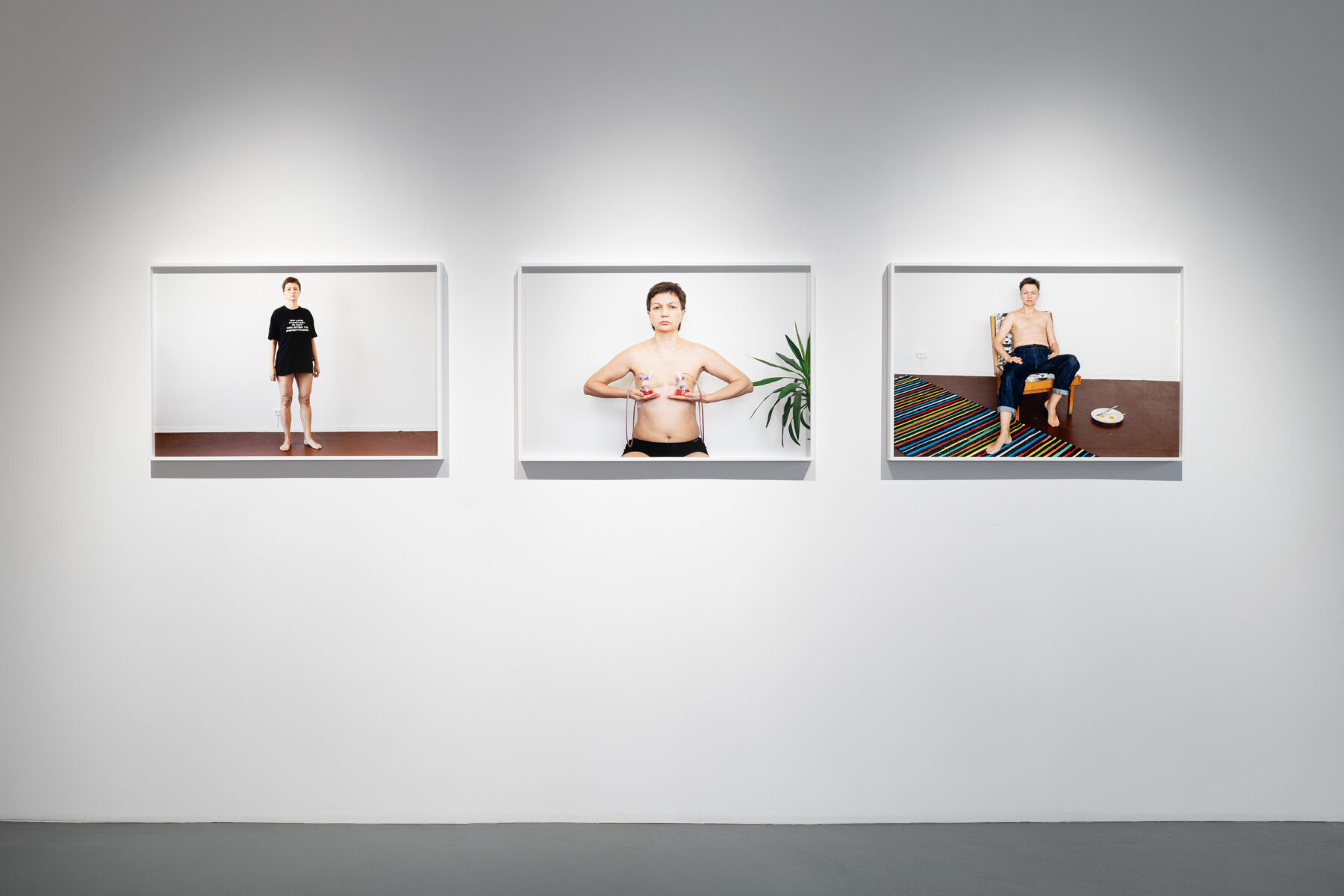
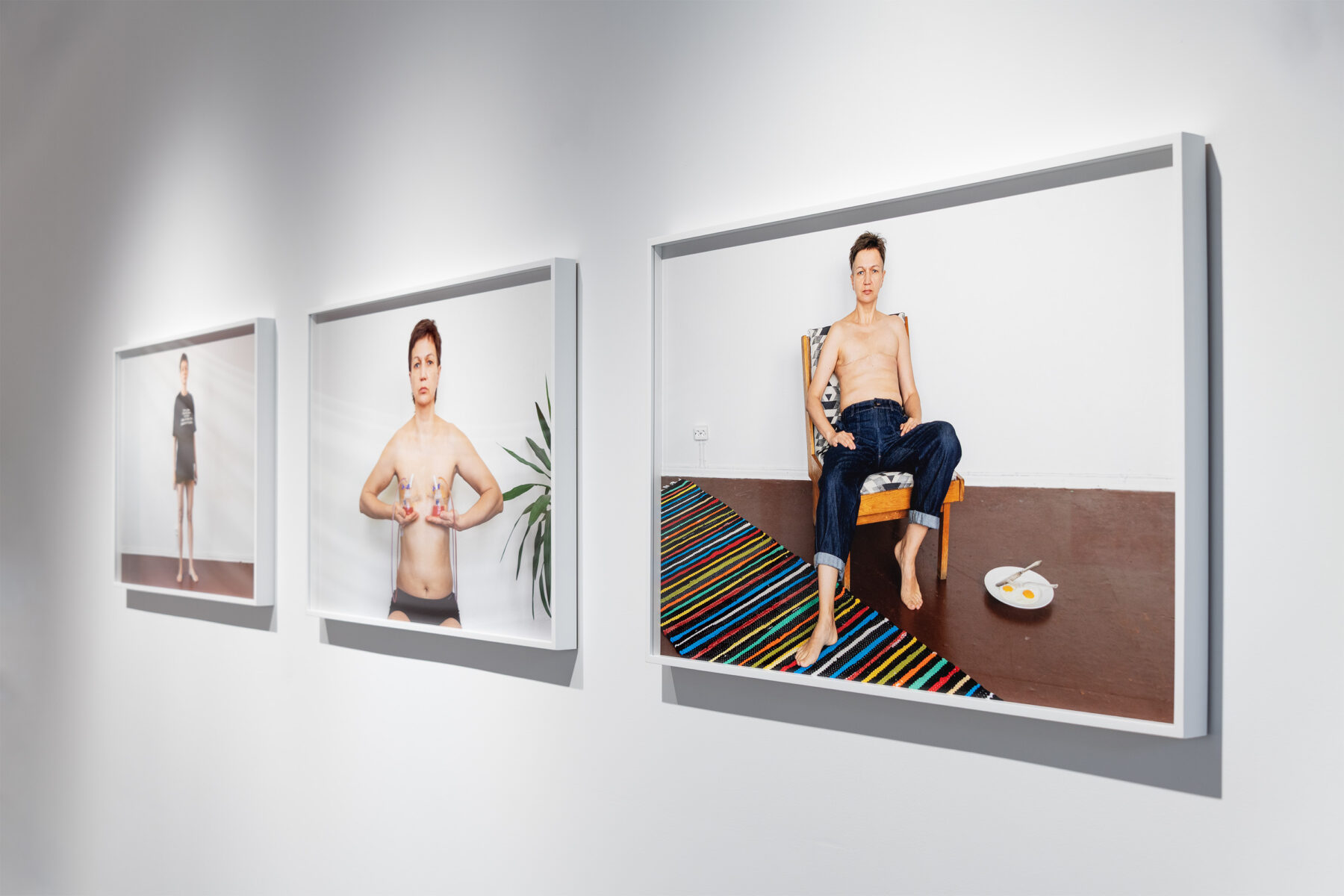
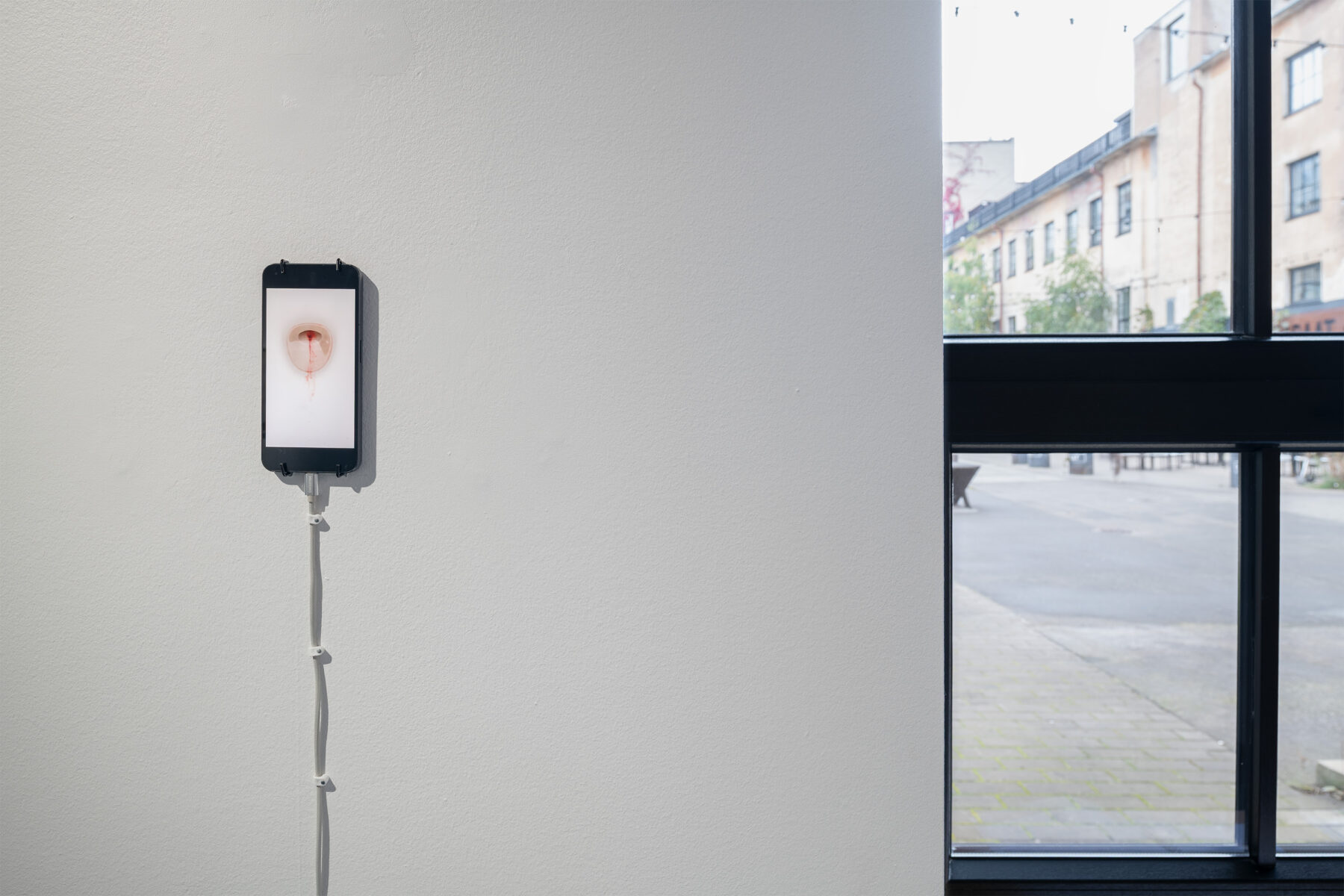
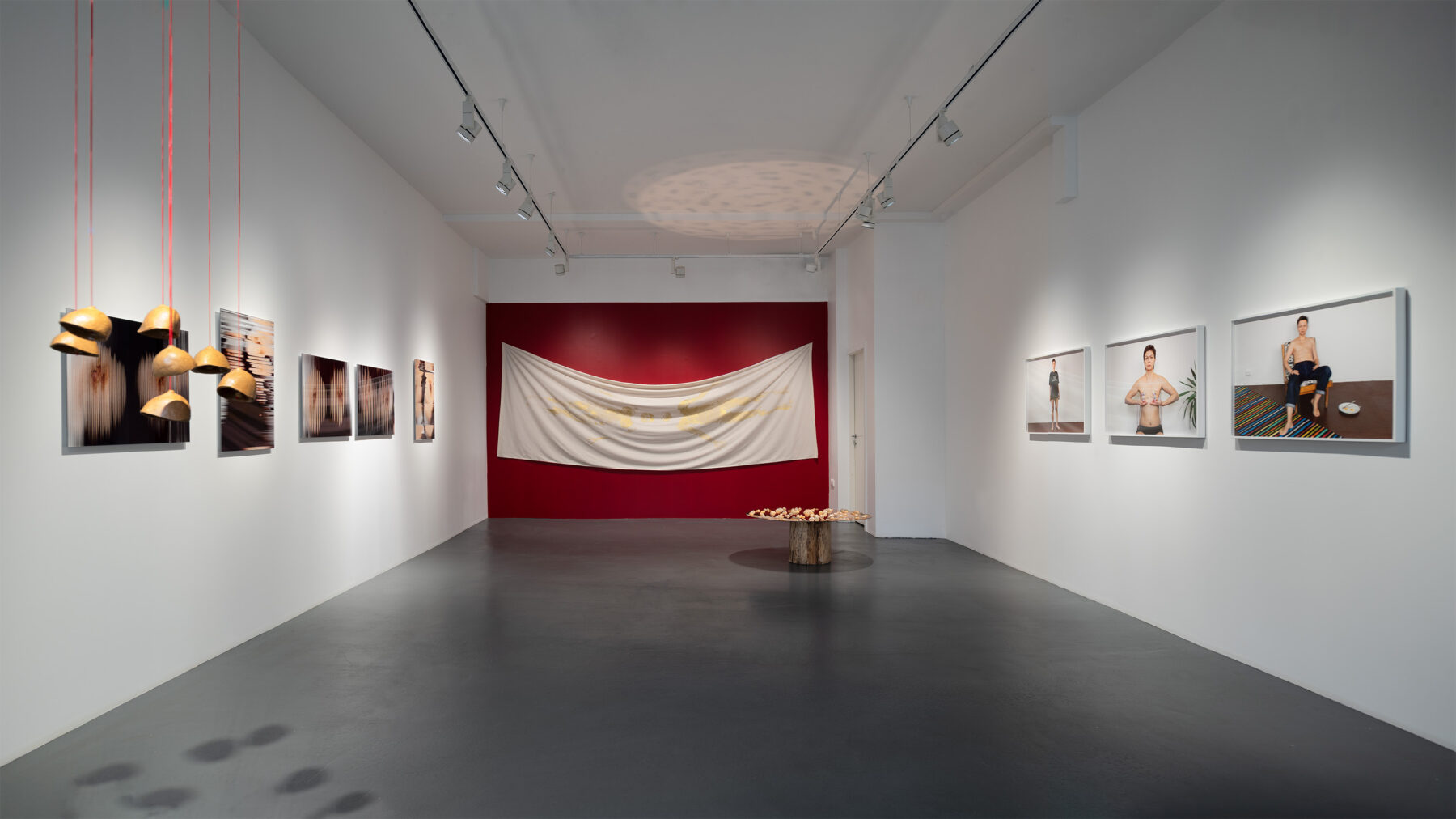
 Momentary Organisms
Momentary Organisms